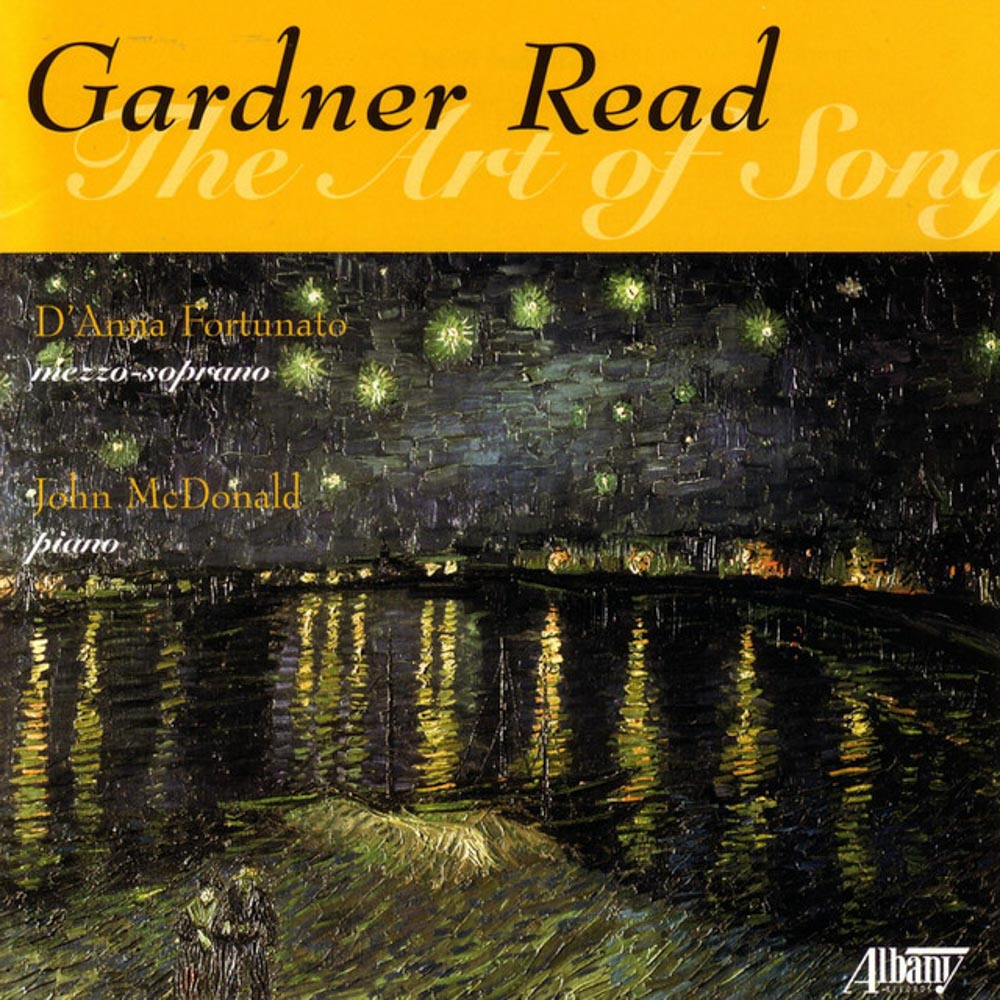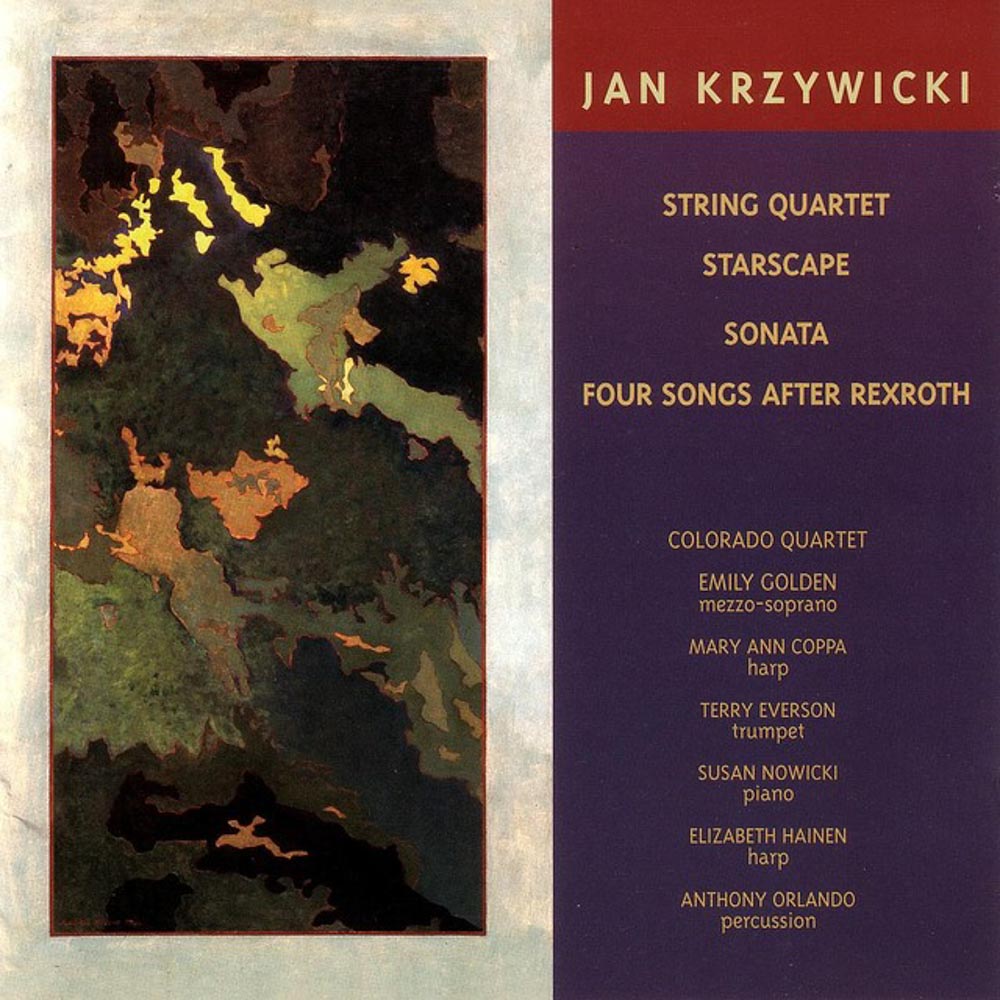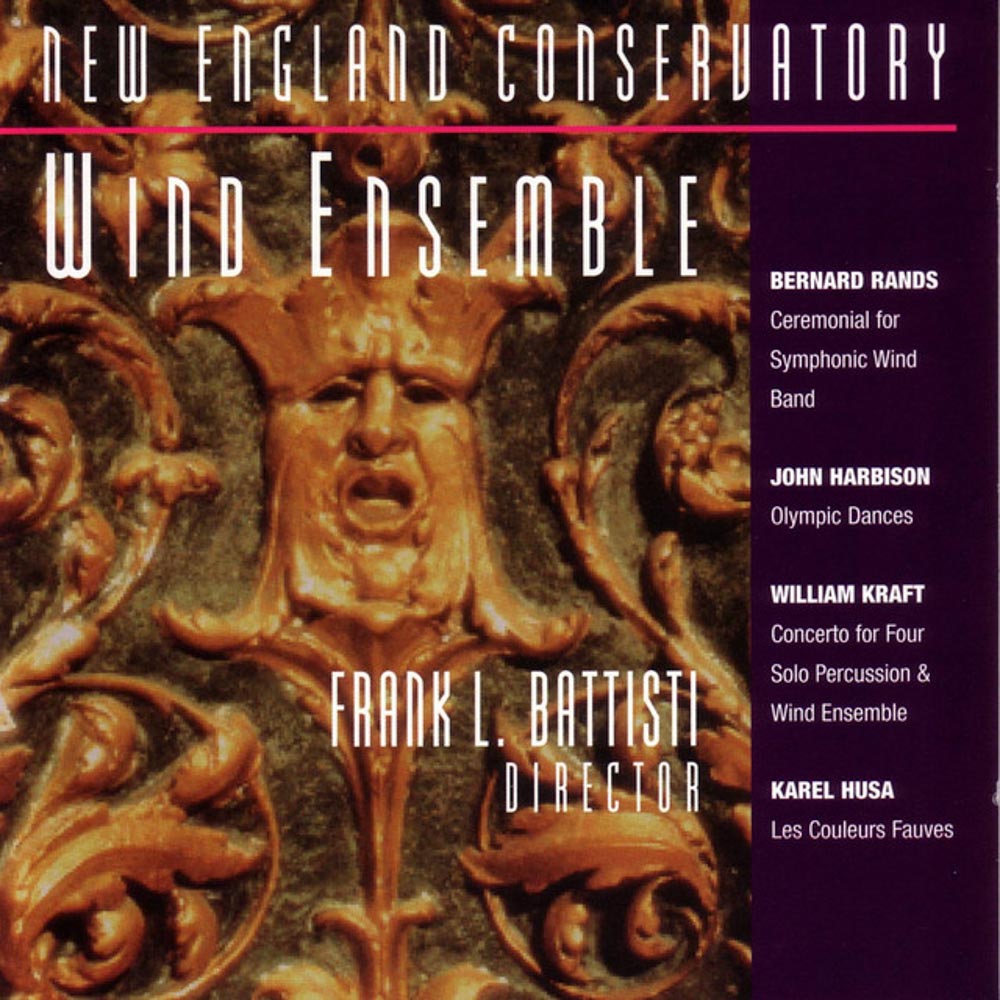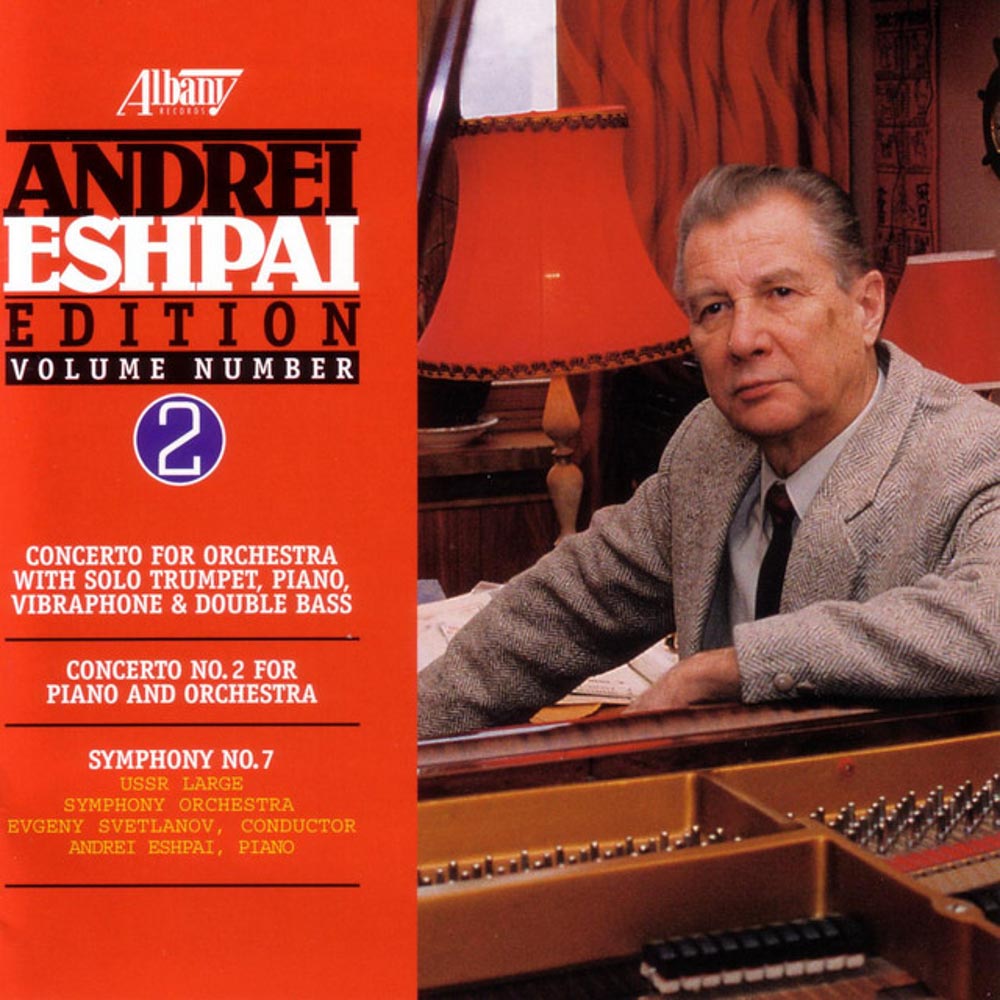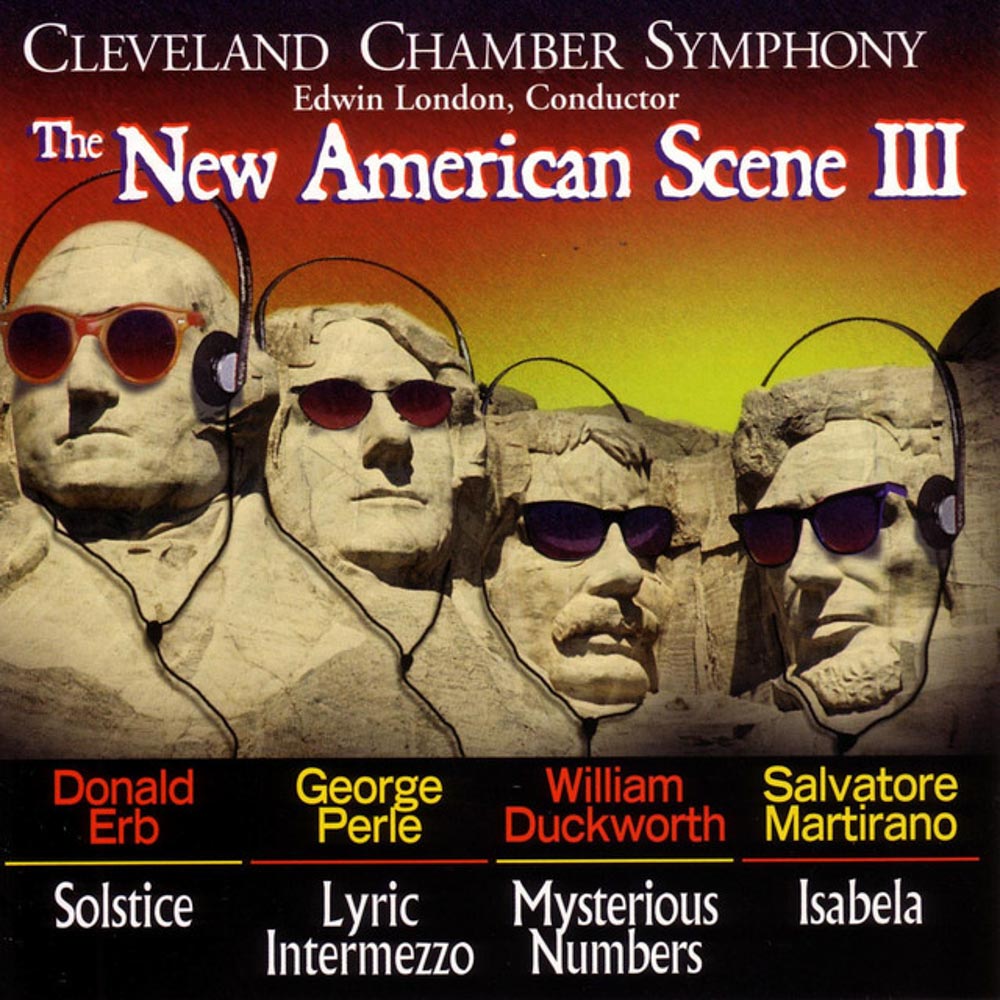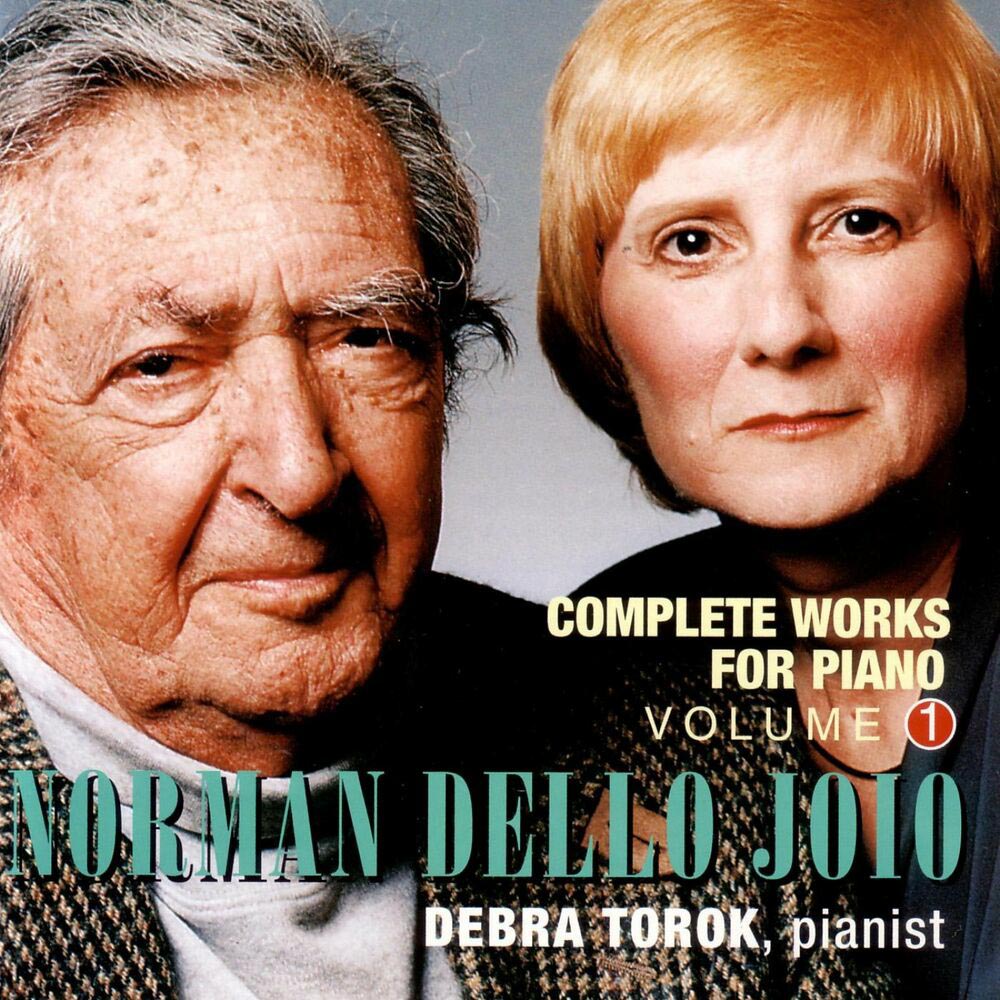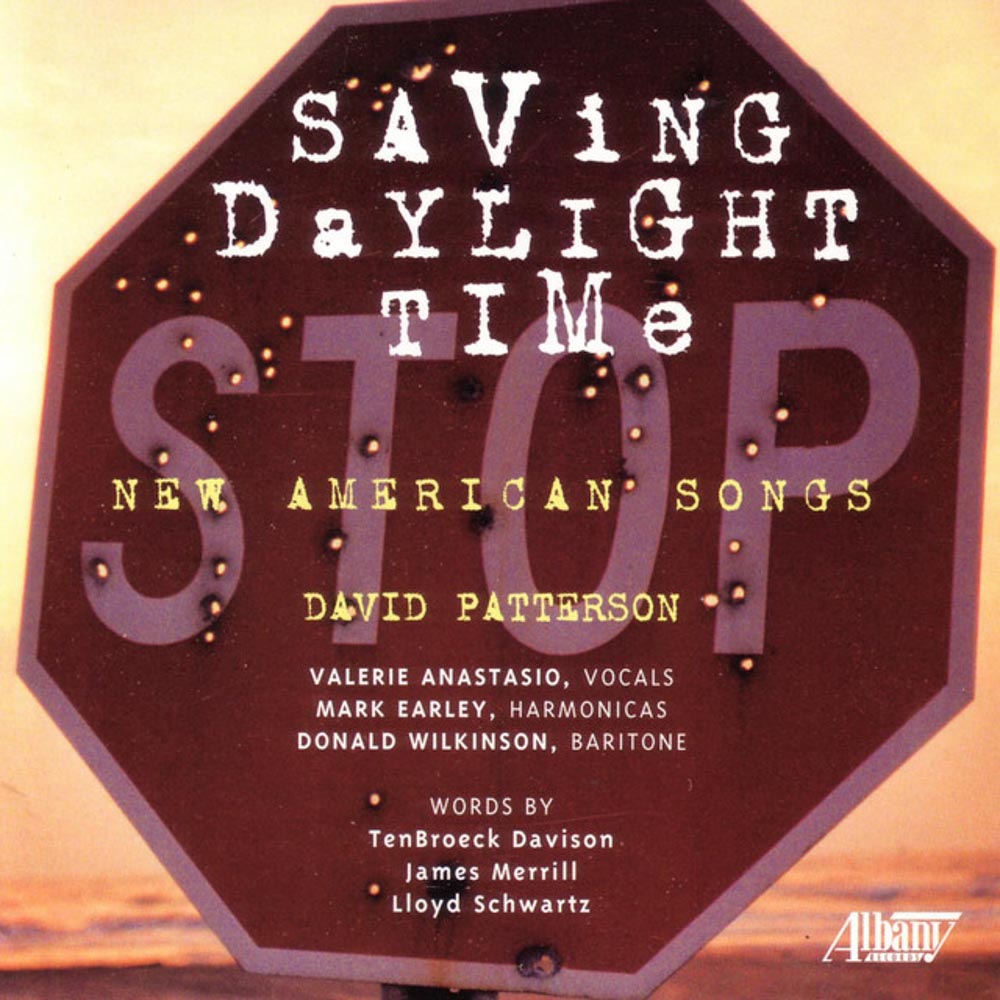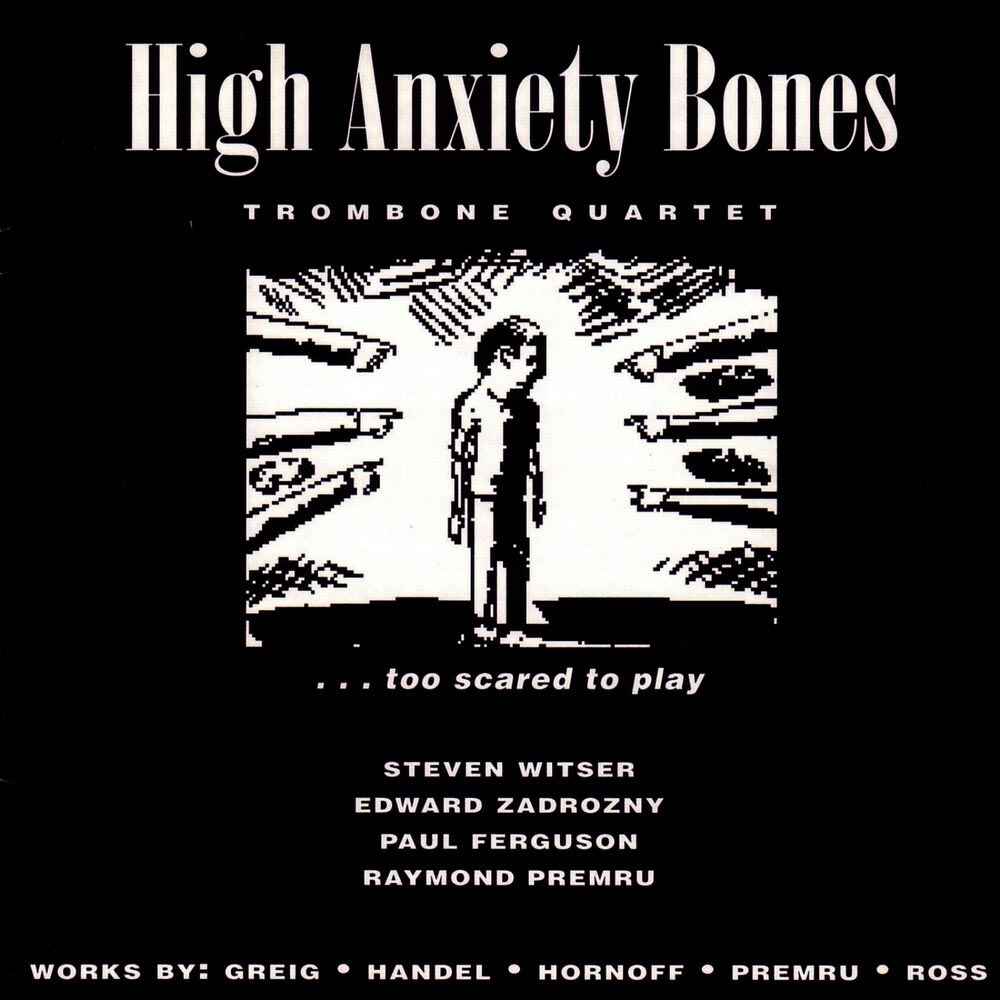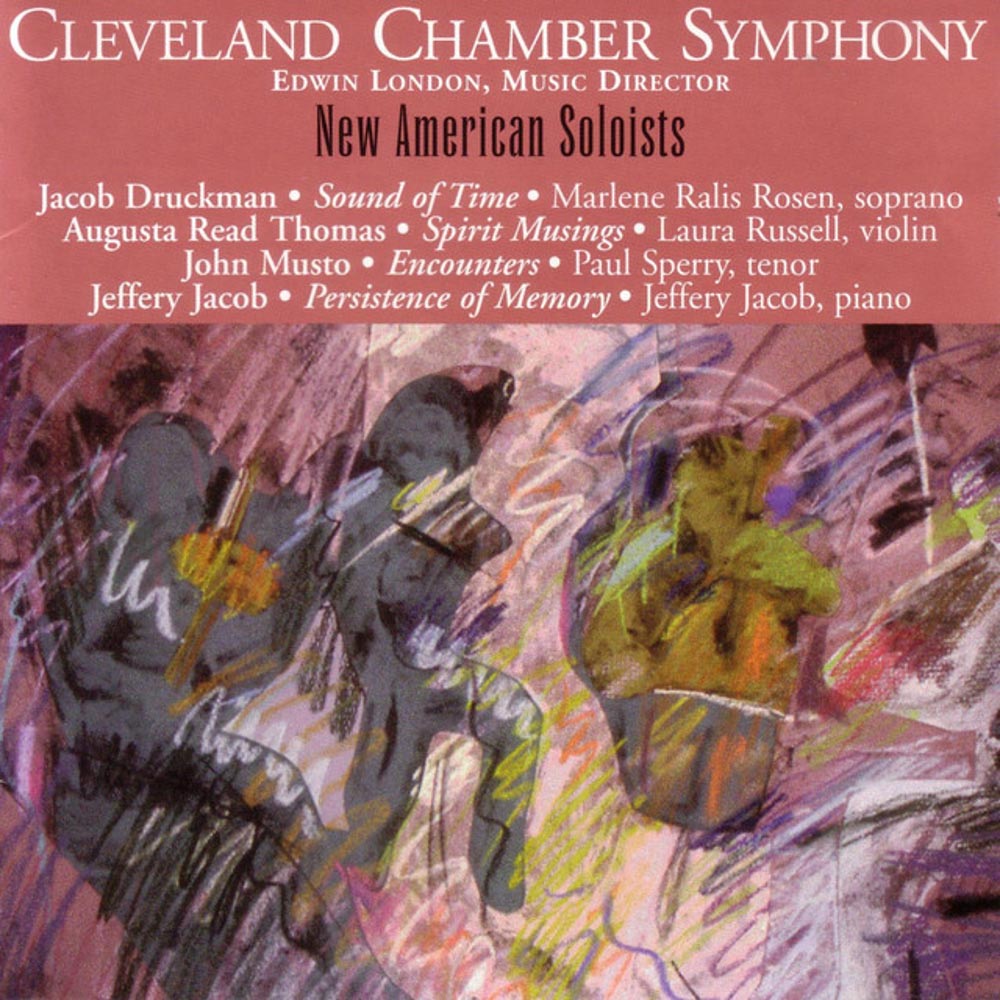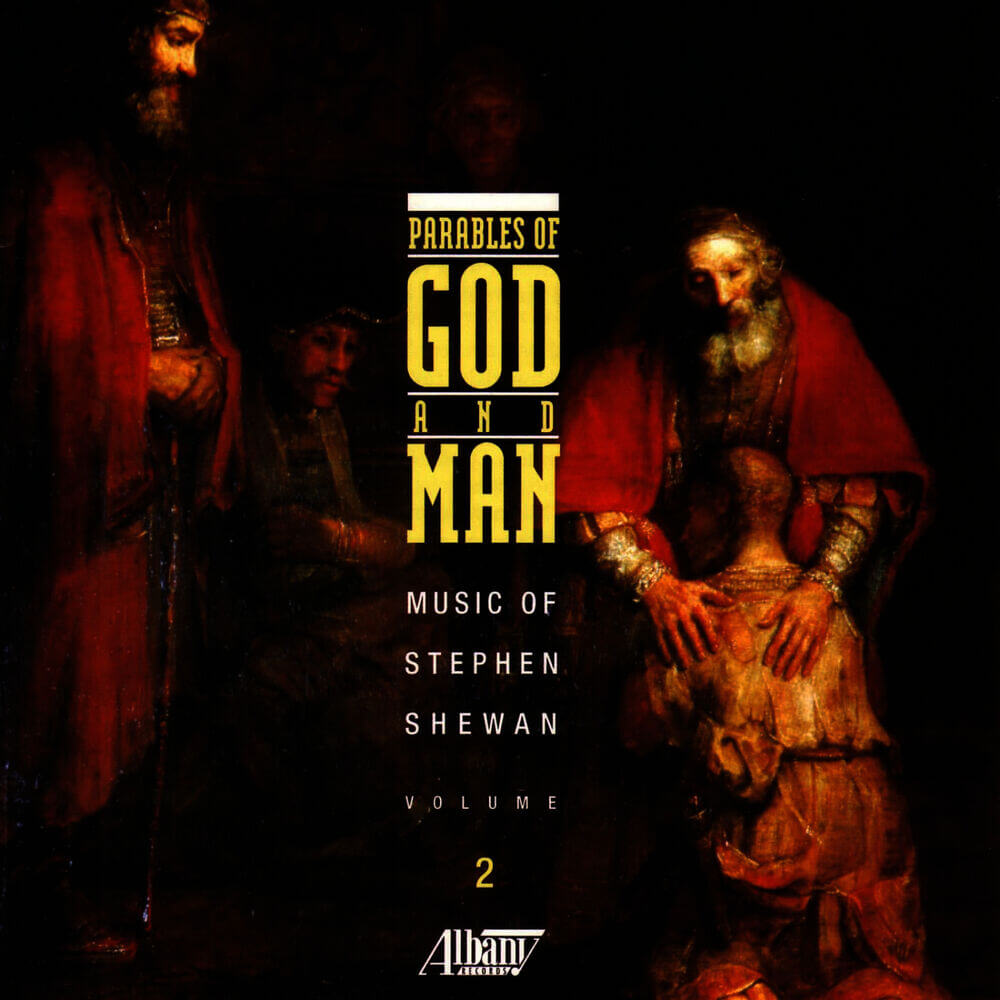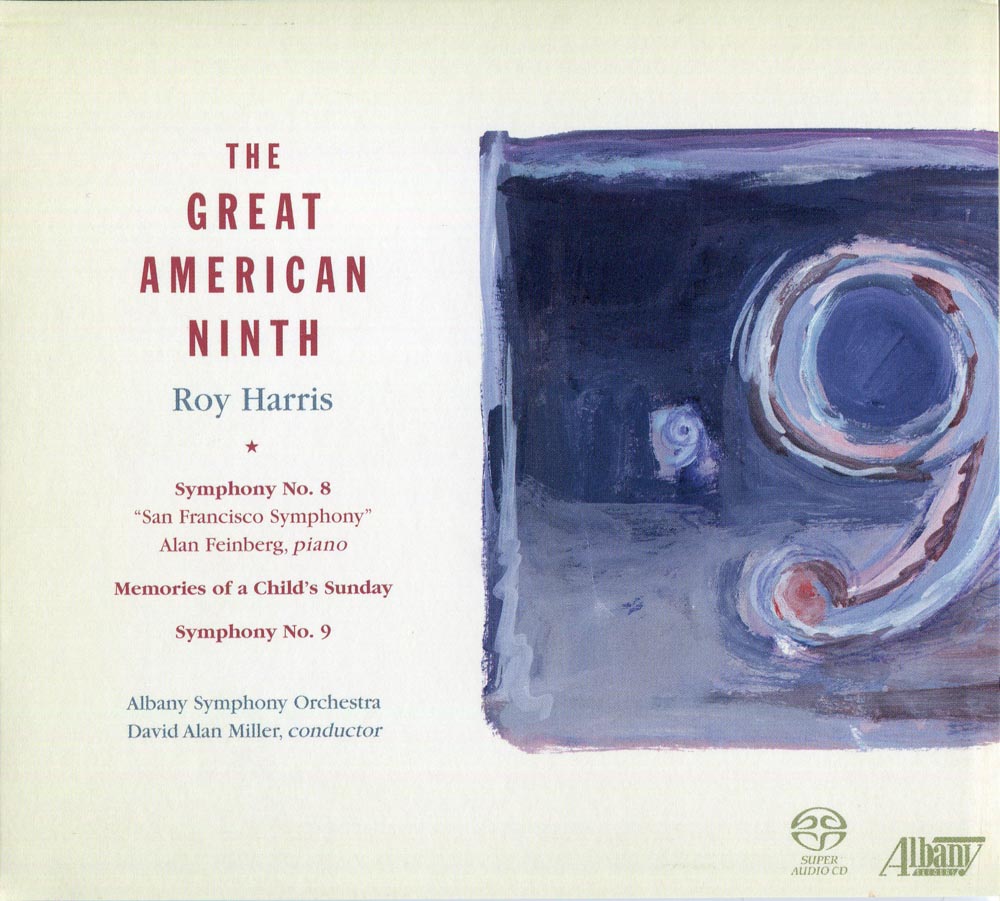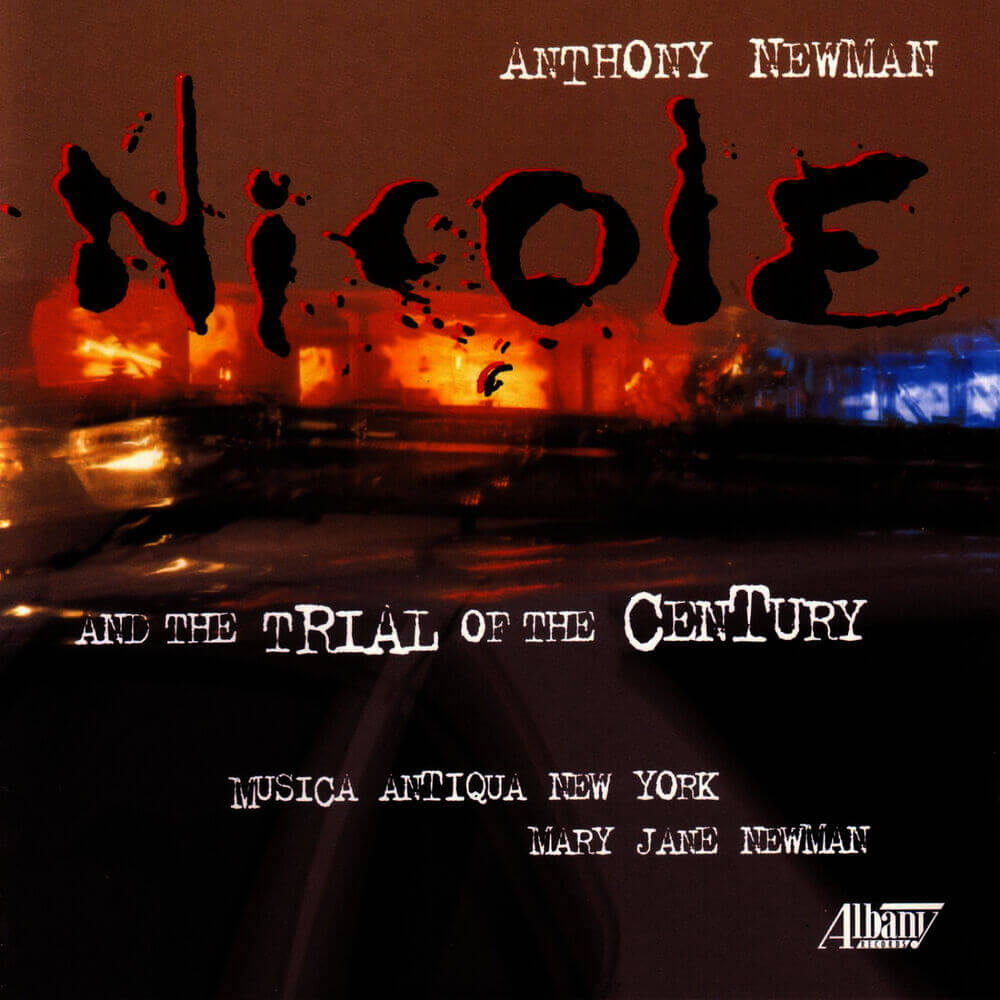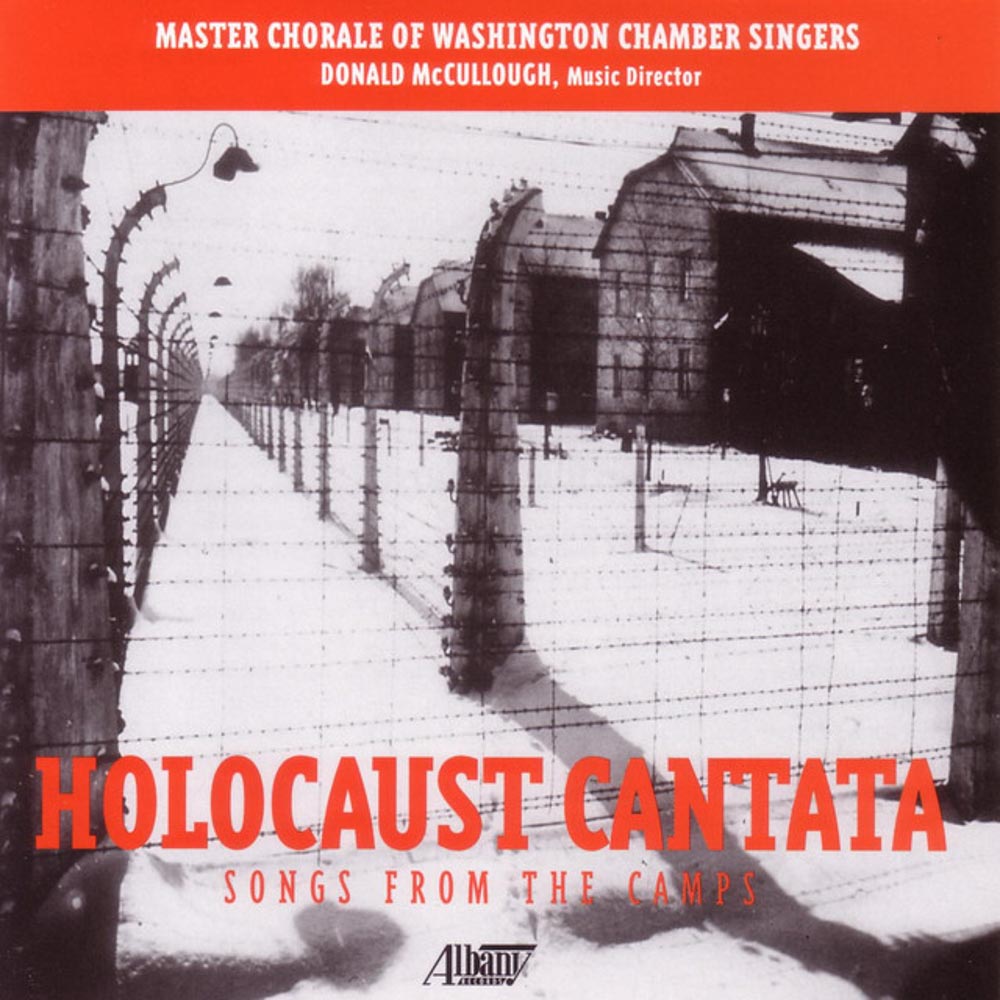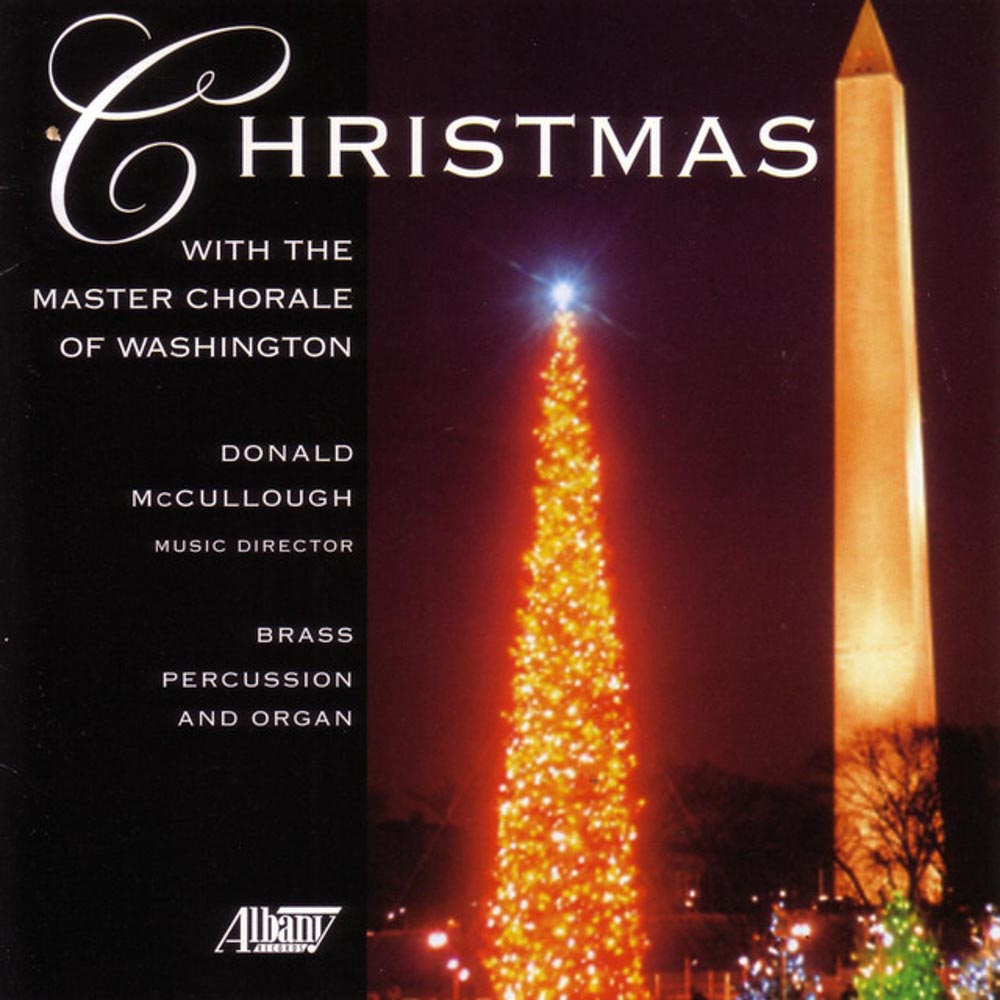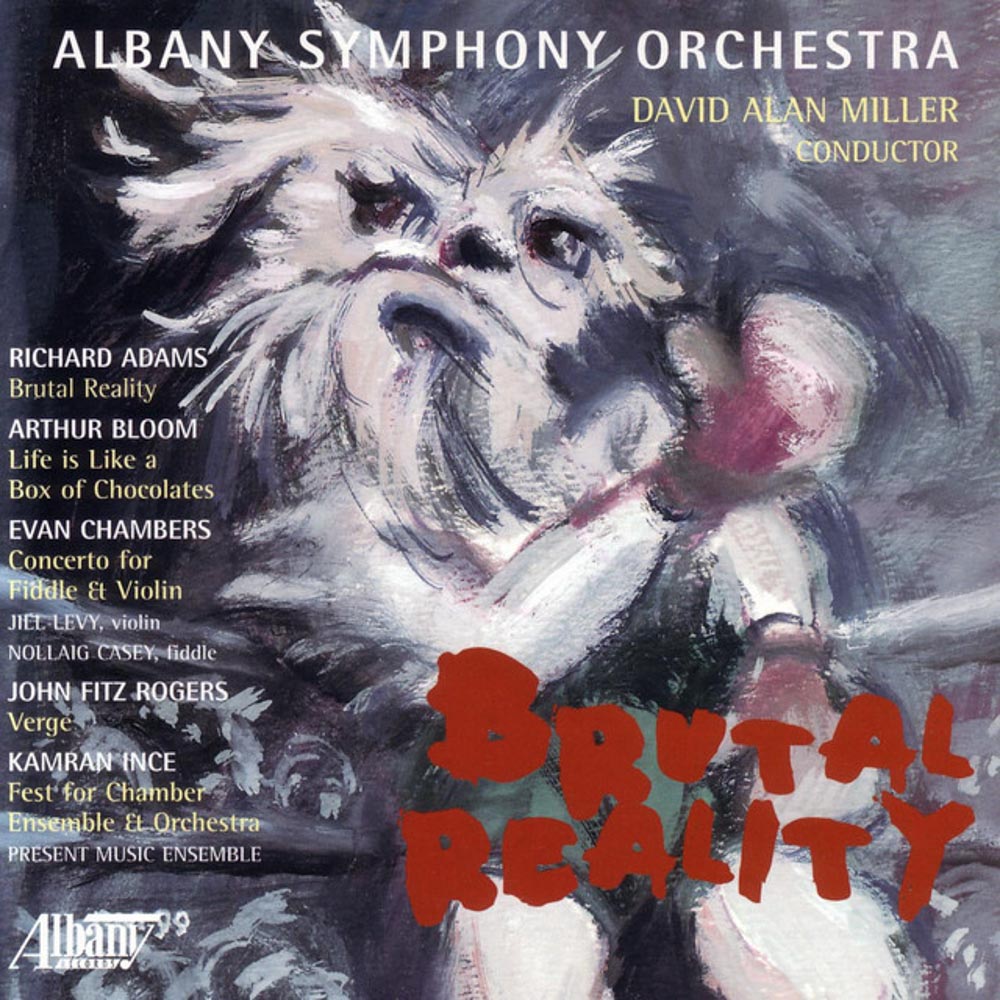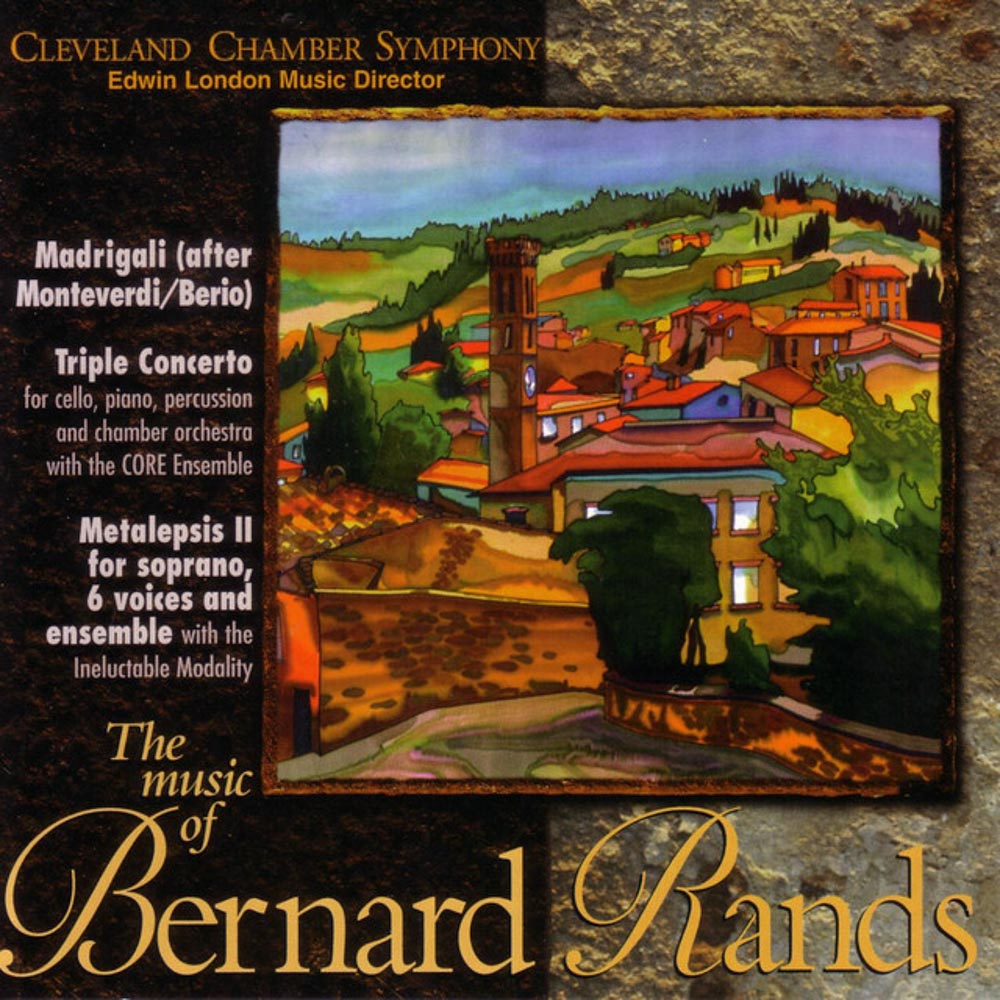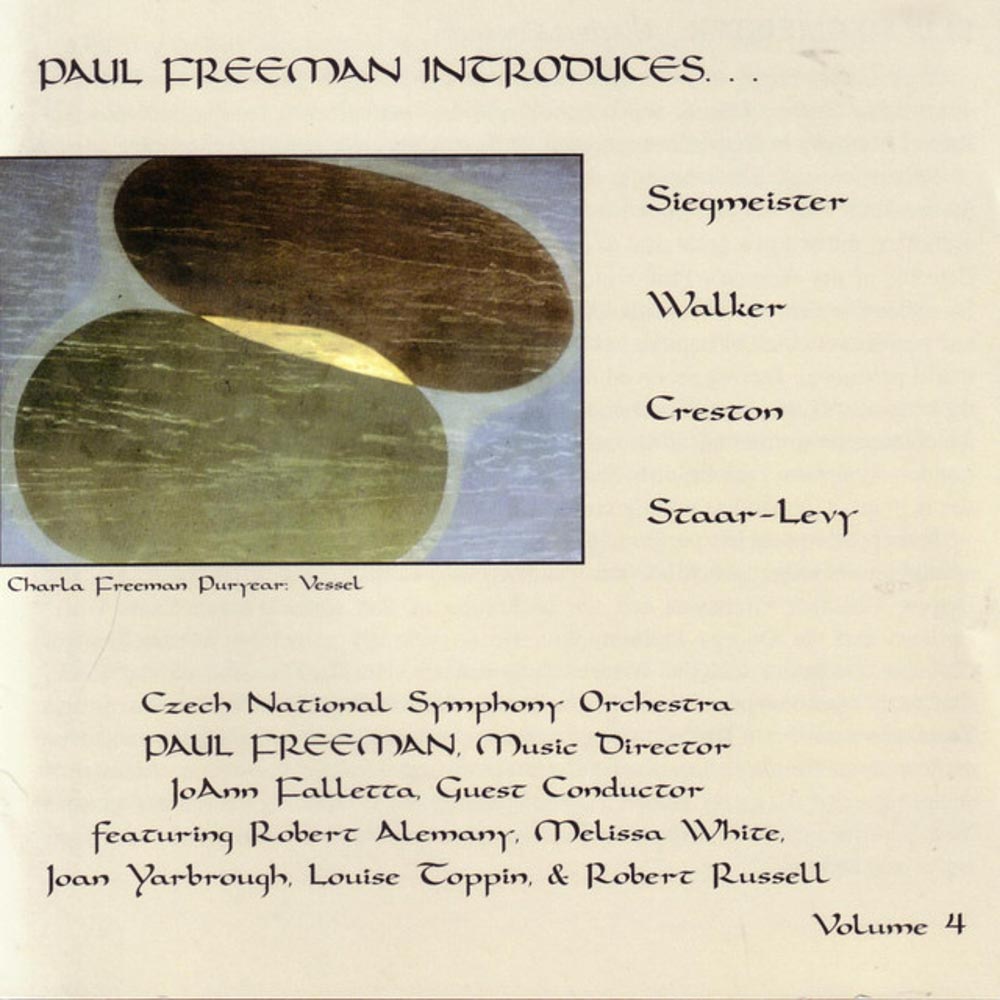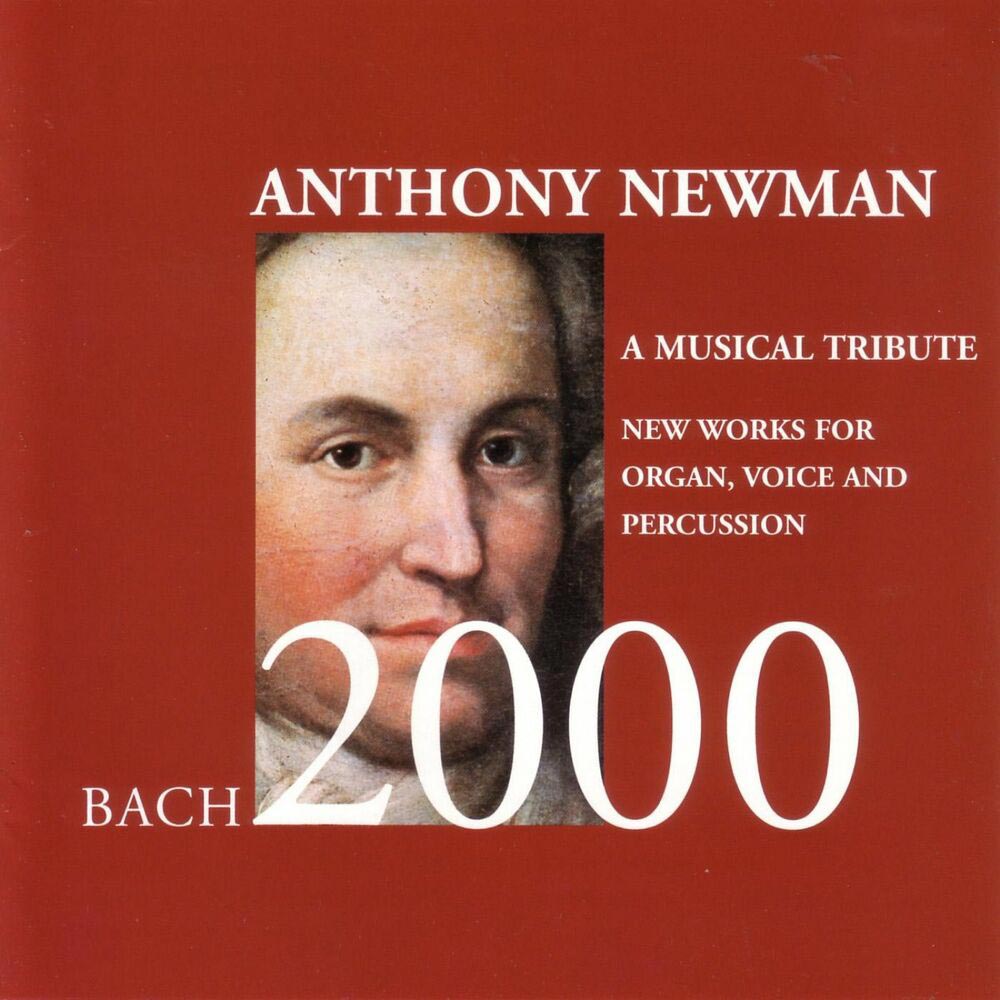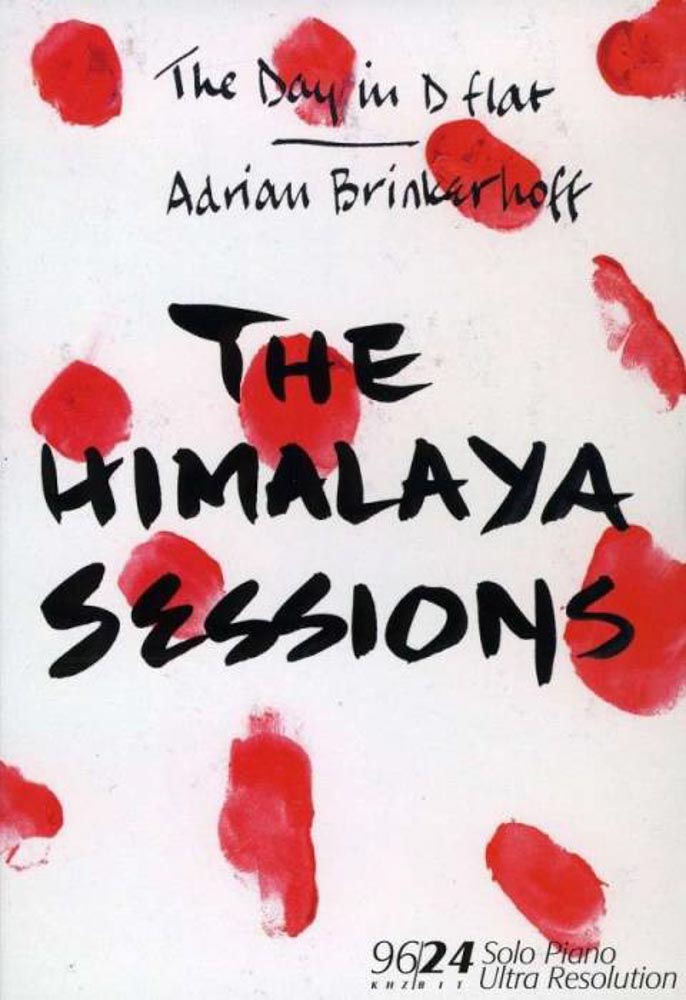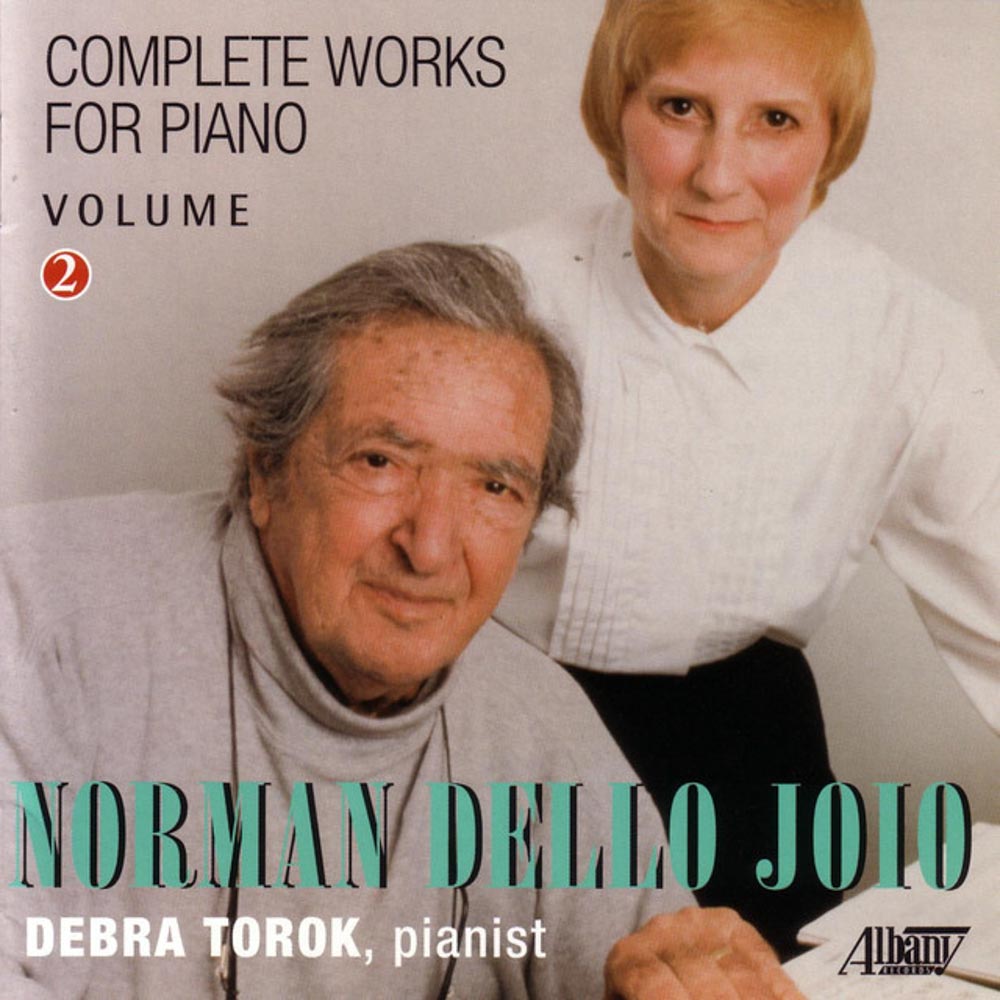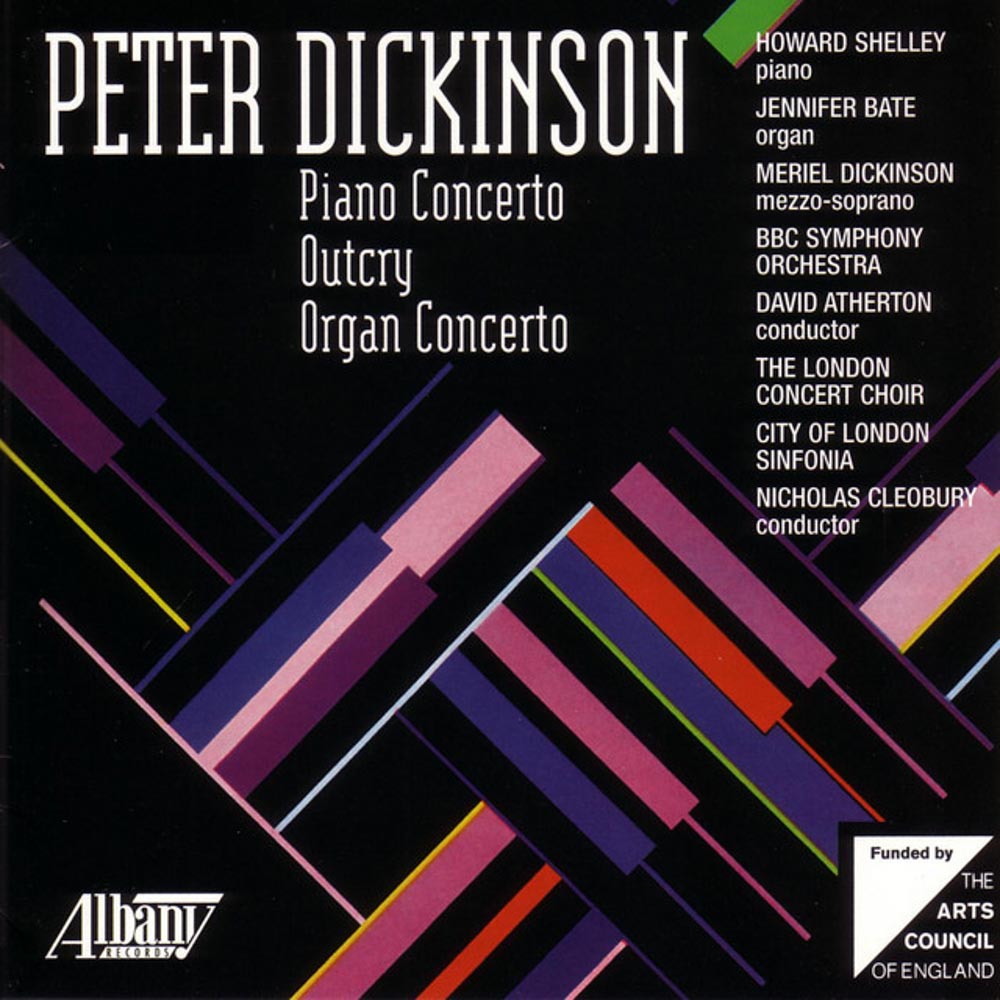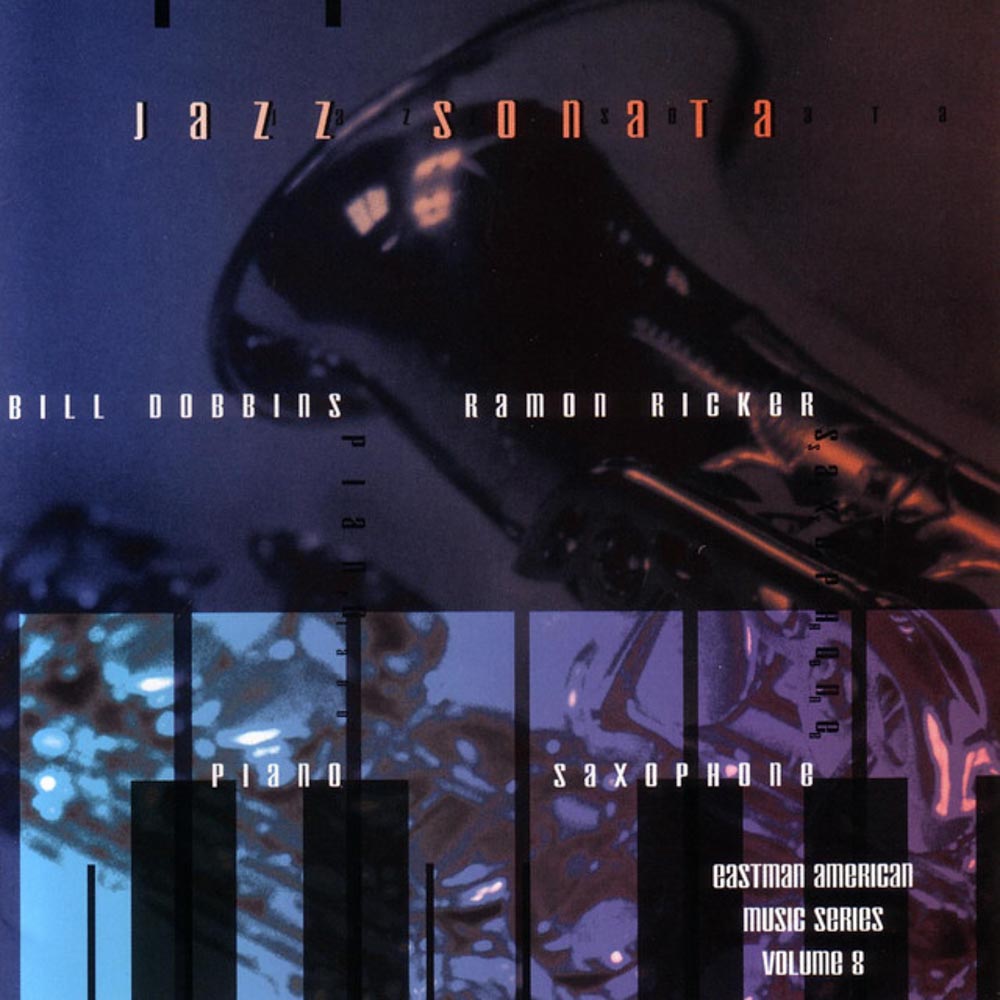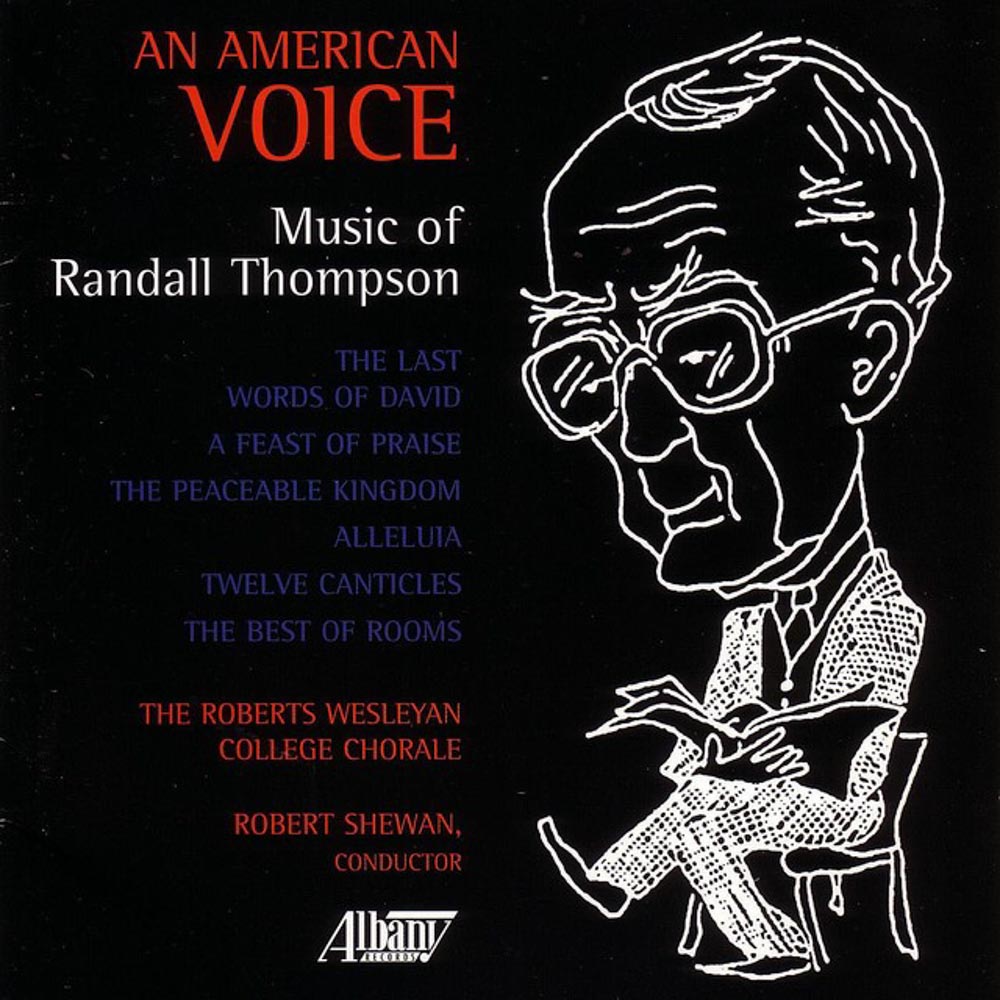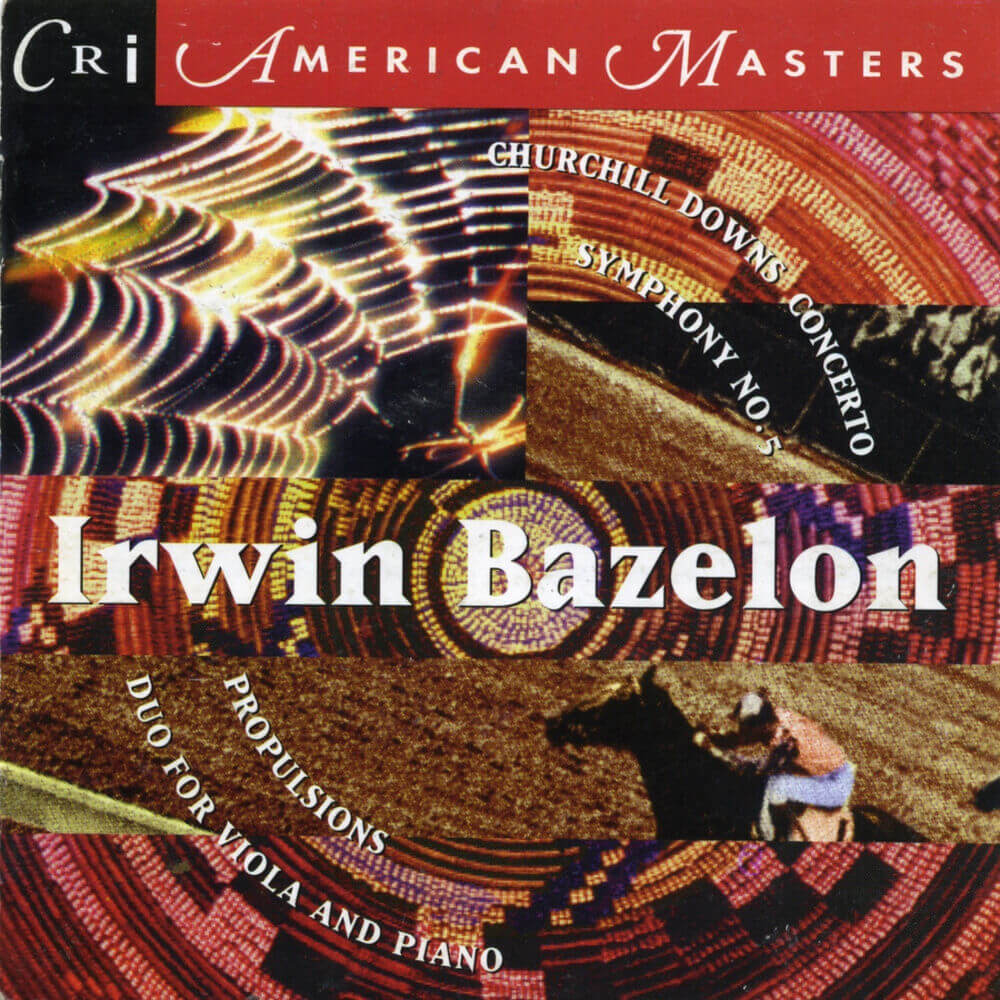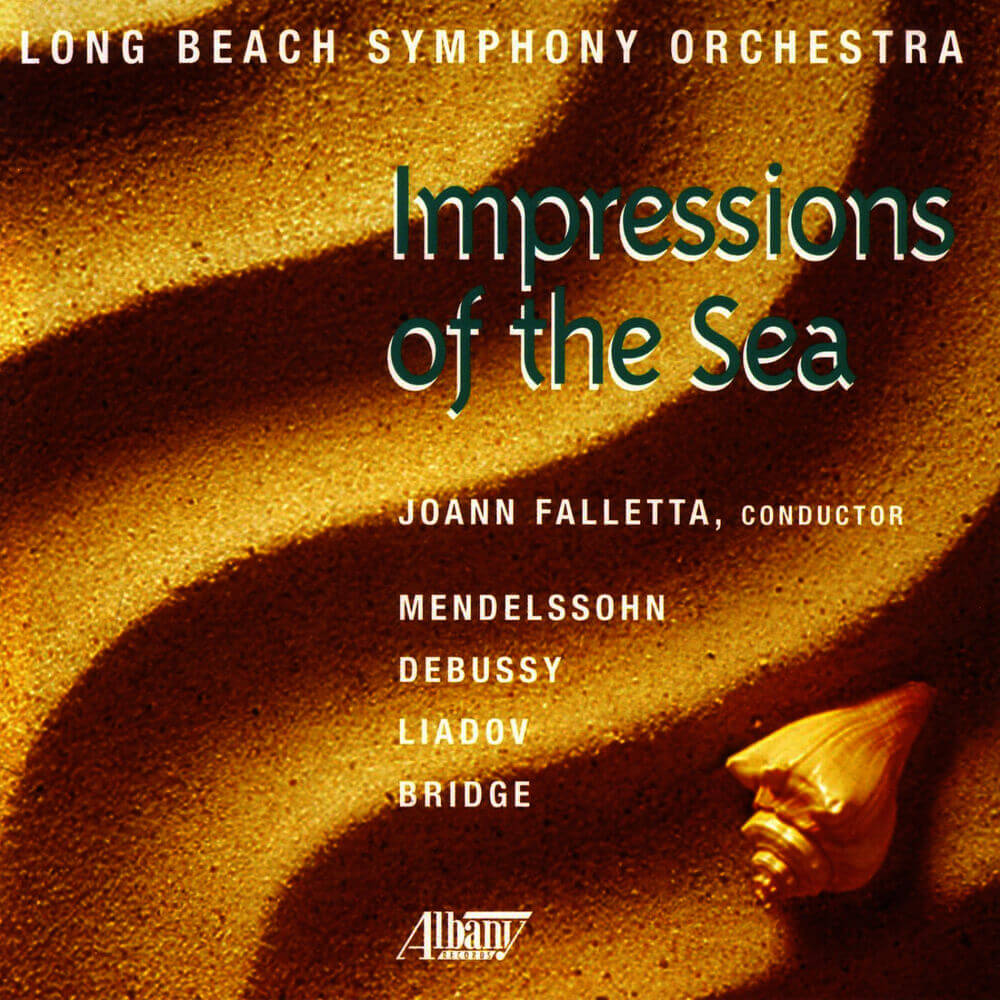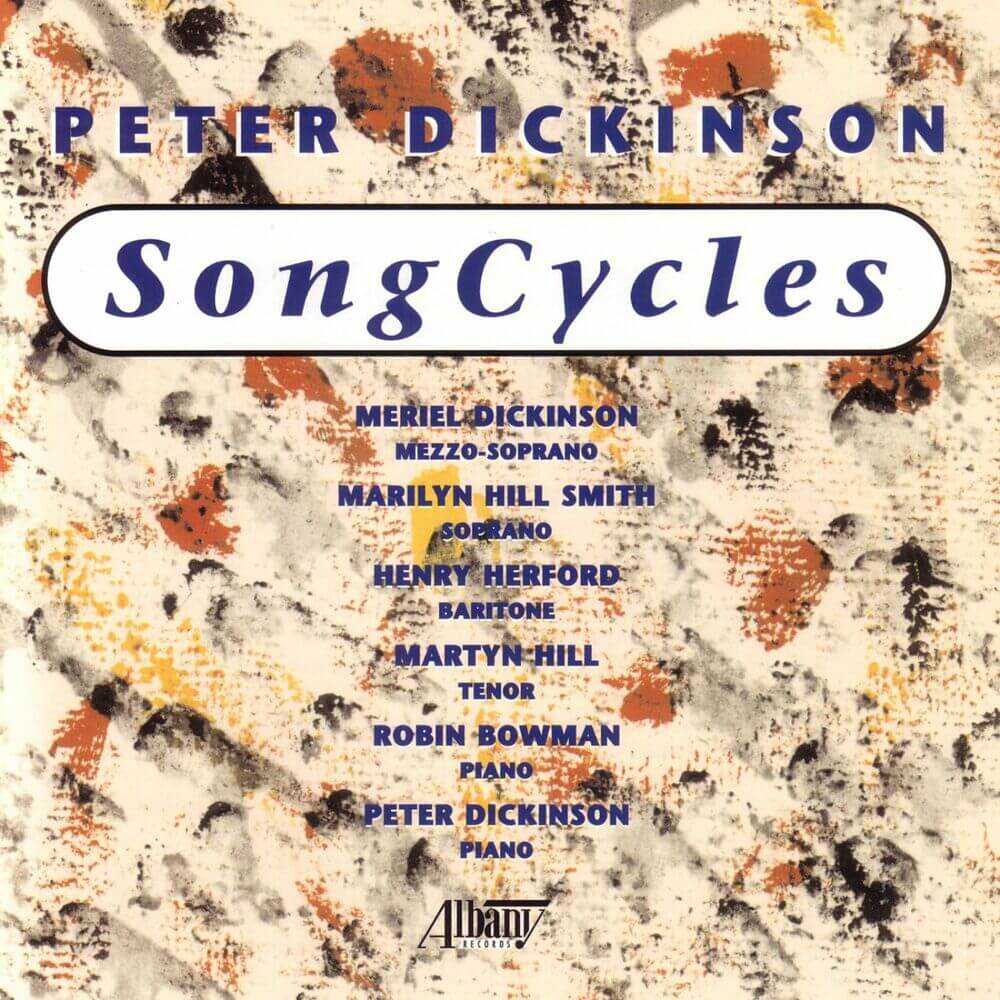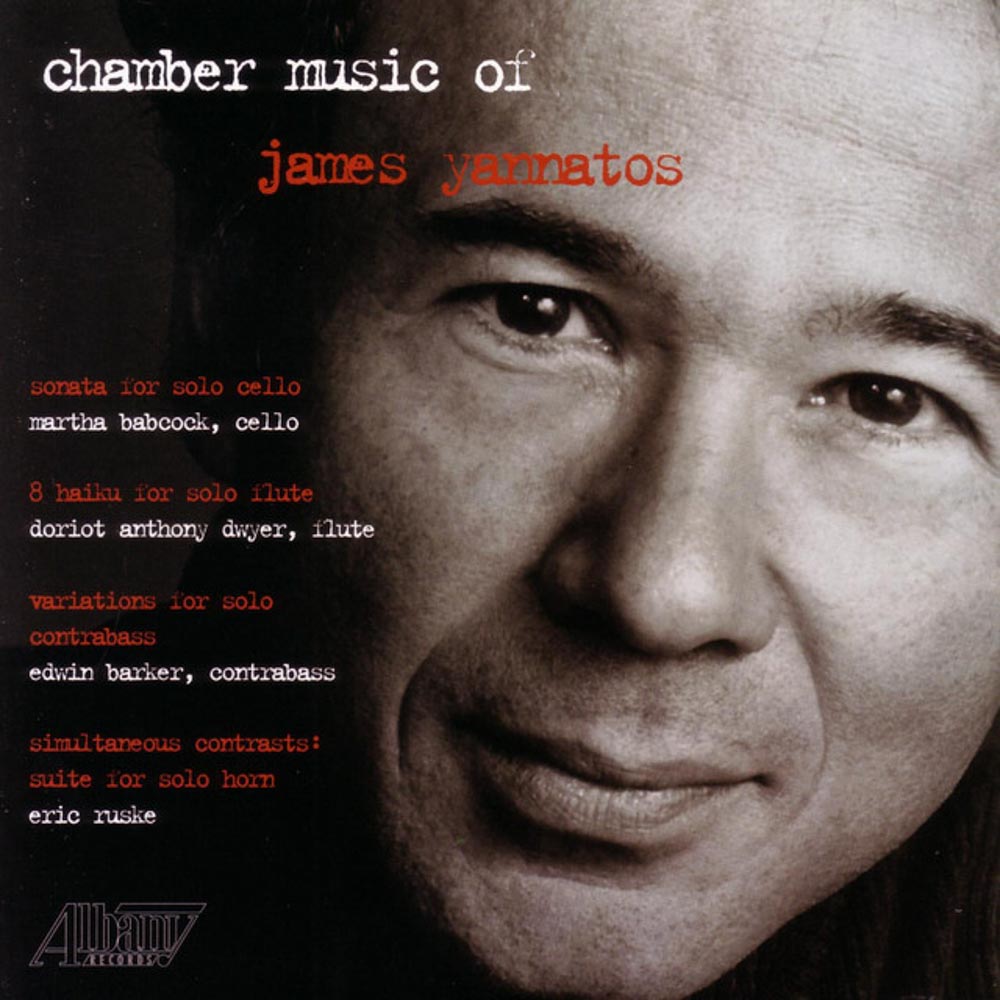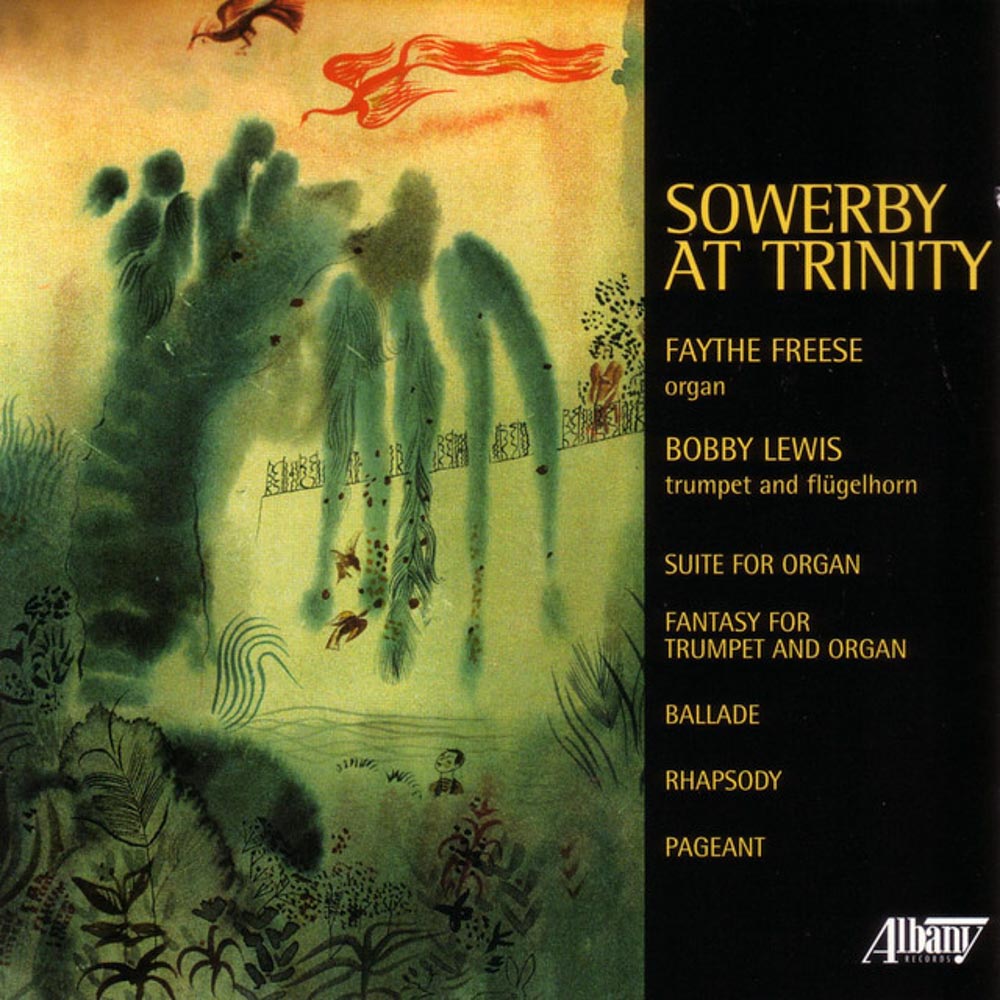Catalog #: TROY0336
Release Date: July 1, 1999VocalGardner Read writes: "As a longtime, committed composer of art songs and of choral music, I have always been drawn to poetry that is rich in vivid imagery - "where sheep lie down to wait for morning's dew," for instance, or "when moonlight falls on the water," or "while envious fireflies spoil the twinkling dew," and "eager people, banners dreaming, marble gleaming"- all evoke positive musical response to the poem's compelling imagery. On the other hand, poetry that is heavily philosophical in tone, is basically narrative-oriented, or is motivated by social protest, for example, seldom stirs the creative juices for me. Stylistically, my vocal music here recorded ranges from overt romanticism, to various degrees of impressionism, to an almost folklike simplicity, even naiveté. These different vocal styles, however, are not the result of calculated choice but are determined only by the perceived musical potentialities of the poetic text. A clearly defined melodic line and a varied and apt accompanimental support are the twin basic criteria that have always shaped my vocal writing."
Catalog #: TROY0337
Release Date: August 1, 1999ChamberA native of Philadelphia, Jan Krzywicki has studied with, among others, Vincent Persichetti, Nadia Boulanger and Darius Milhaud. He is active as a composer, conductor and educator. Since 1990 he has been conductor of the Philadelphia contemporary ensemble Network for New Music. He is a professor of music theory at Temple University, teaching courses in analysis, performance practice, and ear training.
Catalog #: TROY0338
Release Date: October 1, 1999ChamberTyrone Greive writes in his extensive notes for this disc: "Like much other Polish classical music, the music on this recording reflects the basically western orientation of Polish culture in how it frequently sounds similar to one of the more familiar musical styles from Western Europe. Yet, there are moments when the melody, harmony or other musical elements take unexpected and unfamiliar-sounding turns, thus reflecting that Poland is a country where Eastern and Western cultures have traditionally intermingled. Often, works of individual Polish composers reflect the influences of other specific countries, schools and individuals, thus in some way mirroring Poland's cultural exchanges with the rest of Europe at a particular time." Much of this material appears on disc for the first time.
Catalog #: TROY0340
Release Date: August 1, 1999Wind EnsembleBernard Rands' Ceremonial is a monothematic composition in which a single, extended melody is repeated ten times during the course of the work. The mood and pace of the piece gradually, deliberately and inevitably moves through its own rituals. John Harbison's Olympic Dances was commissioned by a College Band Directors National Association consortium of twelve wind ensembles-bands including the New England Conservatory Wind Ensemble. Harbison writes: "When I was asked to do this piece, it immediately suggested something classical, not our musical 18th century, but an imaginative vision of ancient worlds. I thought of an imagined harmony between dance, sport and sound that we can intuit from serene oranges and blacks on Greek vases, and most important to this piece, the celebration of the ideal tableau, the moment frozen in time, that is present still in the friezes that adorn the temples, and in the architecture of the temples themselves." About his Concerto, William Kraft writes: "The Concerto is transcribed from the original version for orchestra. Wind instruments, including brass, played a strong part in the orchestra version, so much so that when Erich Leinsdorf performed the work with the Boston Symphony Orchestra, he rearranged the orchestra seating so that the winds were brought forward and the strings pushed back. Therefore it was quite natural to do a transcription for Wind Ensemble." Karel Husa's Les Couleurs Fauves was commissioned by alumni and friends of the Northwestern University School of Music for John P. Paynter, in honor of the 40th anniversary of his appointment to the faculty. Unfortunately this wonderful musician and teacher died before the work's premiere. It was played for the first time at a memorial concert on November 16, 1996, conducted by the composer.
Catalog #: TROY0341
Release Date: August 1, 1999OrchestralMost music lovers' first acquaintance with the music of Andrei Eshpai was with the Concerto for Orchestra on the old Melodyia LP. If you remember this disc, then you will remember two things; how delightful the music was and what a great recording it was. Well, here in great sound, we have this very same performance for everyone to enjoy. Even though the performance of the Piano Concerto is in mono sound, we felt that because of the historical significance of this performance, it should be included in this series. The excitement is palpable - every measure bristles with energy. To complete the disc, a more somber work, Symphony No. 7. Here is an example of Eshpai's more recent music - still beautiful and appealing.
Catalog #: TROY0342
Release Date: August 1, 1999OrchestralSolstice, by Donald Erb, is celebratory in nature. It was commissioned by the Ohio Chamber Orchestra and premiered on June 3, 1988. It was originally intended to celebrate the 50th anniversary of the Organization, but the premiere occurred one year later. About his Lyric Intermezzo George Perle writes: "The Lyric Intermezzo was composed on commission from the Seattle Symphony and completed April 12, 1987, but its very first conception goes back some years before that, when my friend (now my wife), Shirley Rhoads, played Schumann's Waldszenen for me. I decided that I too would like to write a set of lyrical Charakterstucke for the piano." William Duckworth's Mysterious Numbers stemmed from an experiment that essentially involved collaboration of a composer with an ensemble to create a new work while an audience witnessed the process during a series of workshops. It happened in Florida in 1995-96, as part of a series of residencies at the Atlantic Center for the Arts by the New Performance Group of Seattle. Salvatore Martirano writes about Isabela "that it was originally aimed at music festivals celebrating the 500th anniversary of the discovery of America. However, music festivals celebrating Columbus ran aground as the implications for native Americans became apparent. Whether from habit or from a persistent motive, what started as a working title became a name as I considered that like Columbus, who began a journey across the sea without knowing where his course would lead him. "I began to compose without really knowing what would result from my plan." This disc contains the result of Martirano's own voyage.
Catalog #: TROY0343
Release Date: December 1, 1999OrchestralLeonardo Balada, the Catalan composer who came to New York in 1956 to study composition, has been a powerful creative force for more than three decades. His highly personal avant-garde techniques in the sixties - dramatically as well as rhythmically imposing - sets his works like Guernica and Maria Sabina apart from composers of the time. Later, in the seventies, he was credited as a pioneer in blending the avant-garde with folkloric ideas mixing the new with the old- now a very fashionable trend- in works like Sinfonia en Negro-Homage to Martin Luther King (1968) and Homage to Casals and Sarasate (1975). His exposure to the plastic arts in New York was perhaps of greater significance to his style than the music he heard around him. In Balada's music one finds by his own admission a perplexing amalgamation of traditional Spanish culture influenced by modern concepts of geometric art, "collages" as seen in the paintings of Rauschenberg and the surrealism of Salvador Dali. Balada had collaborated several times in New York during the early sixties. In an interview over a generation ago Balada explained his position towards this dichotomy saying: "If I go to Andalusia and choose to wear a "Cordobes" hat, or a cowboy hat in Texas or no hat at all on Wall Street, I still will be recognized as me, provided that my personality emerges in spite of my disguise." And his works are very personal indeed, through textural writing, blunt contrasts of ideas and dynamics, juxtaposition of opposing harmonies, mechanistic passages in layers of "staccato" writing, a rhythmic constancy and above all, a compelling sense of direction and goal in the form and drama of his music.
Catalog #: TROY0344
Release Date: September 1, 1999InstrumentalDebra Torok is the recognized authority on Dello Joio's piano music. She has talked extensively with the composer on how his music should be performed and is currently compiling and editing Dello Joio's complete piano music. Dello Joio's distinguished musical career began at the age of fourteen when he became a church Organist and choir director of the Star of the Sea Church on City Island, New York. A descendant of Italian church Organists, he was born on January 24, 1913 in New York. His father was an Organist, pianist, singer and vocal coach. Dello Joio recalls that his father was working with singers from the Metropolitan Opera who used to arrive in their Rolls Royces, and that his childhood was surrounded with musicians and music in his home. In 1939, he was accepted as a scholarship student at Juilliard, where he studied with Bernard Wagenaar. In 1941, he went to study with Paul Hindemith who told him that "your music is lyrical by nature, don't ever forget that." In the latter part of the forties, Dello Joio was considered one of America's leading composers and by the fifties had gained international recognition. He won the Pulitzer in 1957 for his Meditations on Ecclesiastes and an Emmy Award for his music for the television special Scenes from the Louvre. He taught at Sarah Lawrence College, the Mannes College of Music, and was Professor of Music and Dean of the Fine and Applied Arts School of Boston University. From 1959 to 1973, he directed the Ford Foundation's Contemporary Music Project. In 1999, at the age of 86, he continues to compose with no signs of retiring. He is frequently being commissioned, as his music remains in constant demand. There is some wonderful music on this disc.
Catalog #: TROY0345
Release Date: October 1, 1999VocalDavid Patterson, Ph.D. Harvard University, names as his teachers Leon Kirchner, Nadia Boulanger and Olivier Messiaen at the Paris Conservatory. He served as chairman of the Music Department for fifteen years at the University of Massachusetts Boston. Poet TenBroeck Davison, great granddaughter of Richard W. Sears, founder of the first mail-order firm, Sears Company, lived and studied on both sides of the Texas border. Having lived in Corpus Christi, her poems evoke images of her adolescent years spent absorbing the flavor of two cultures converging in that southernmost point of the continental United States. Poet James Merrill (1926-1995), the son of Charles Merrill, who was a founder of the stock brokerage firm, Merrill Lynch, published fifteen books of poetry. Last Words was commissioned for "An Evening of Words and Music" at Washington University with James Merrill, who was then poet-in-residence.
Catalog #: TROY0346
Release Date: September 1, 1999ChamberHere is a delightful sound - four trombones; mellow, rich. Admittedly, this will have appeal mainly to your customer who enjoys brass music. Hopefully, they will give this disc a try. Steven Witser has served as Assistant Principal Trombone of The Cleveland Orchestra since 1989 and is a member of the Center City Brass Quintet. Edward A. Zadrozny is an Associate Professor of Trombone at the University of Akron and Principal Trombone of the Akron Symphony Orchestra. Paul Ferguson has been director of Jazz Studies at Case Western Reserve University in Cleveland since 1988. Raymond Premru was Professor of Trombone at the Oberlin Conservatory from 1988 until his death in 1998.
Catalog #: TROY0347
Release Date: March 1, 2000OrchestralDruckman's The Sound of Time started out as a piece for soprano and piano which was premiered in 1964. This chamber version was first heard in 1965 and lasts about 12 minutes. It is a setting of texts from Deaths for the Ladies (and other Disasters) by Norman Mailer. Augusta Read Thomas' Spirit Musings for Violin and Orchestra was composed in 1997 and is actually a version of her Van Straaten Concerto No. 1 for flute and chamber orchestra. The version of the piece recorded here is the first performance in the new form. John Musto was born in Brooklyn and received his earliest musical training from his father, a jazz guitarist. Self taught as a composer, he studied piano with Seymour Lipkin and Paul Jacobs. His piece Encounters was premiered by the Cleveland Chamber Symphony on September 21 and 22, 1992. Jeffrey Jacob was educated at Juilliard and the Peabody Conservatory and he also studied at the Salzburg Mozarteum. His piece The Persistence of Memory here receives its premiere performance and recording.
Catalog #: TROY0349
Release Date: January 1, 2000ChamberStephen Shewan's music is both melodic and accessible, at times propelled by catchy rhythms flavored with jazz and pop idioms. In Shewan's music we hear a fresh voice at work, demonstrating a talent for ingratiating melody, infectious rhythm and a command of colorful orchestration. Stephen Shewan was born in Warsaw, New York. Currently he teaches music and directs the bands at Williamsville East High School, near Buffalo, New York. He is a graduate of Roberts Wesleyan College and Ithaca College, and is completing his DMA from the Eastman School where he studied composition with Samuel Adler. For a young composer, he has composed in every medium but opera. A previous release on Albany Records (TROY149) contains his Magnificat, Feast of Carols and String Quartet No. 1. His most recent work is Hymn for Spring (1999) for Chorus and Orchestra.
Catalog #: TROY0350
Release Date: July 1, 1999OrchestralA few years back when the regular stereo version of this CD was released, we called it "the ultimate release for the American Symphony fan." Well, in SACD format, it is of even more importance, since those magnificent orchestral colors truly shine in surround-sound! This has always been one of most popular CDs in our catalog, and probably went a long way in changing the minds of those who thought Harris only wrote one Symphony - No. 3. Admittedly, when you see the cover with its "Great American Ninth" in large letters, you will be right to think we have gone "commercial." Garish? You are right! Hype? Right again! This is wonderful American music that should appeal to the same public who likes Aaron Copland, Morton Gould and Leonard Bernstein - and the crowd that loves to hear a big orchestral sound coming from their 5.1 Surround systems!
Catalog #: TROY0351
Release Date: January 1, 2000OperaFor three decades, the multi-gifted Anthony Newman has been in the public eye as one of America's leading organists and harpsichordists, and as a Bach specialist, composer, teacher, and scholar. About this world premiere recording Mr. Newman says, "The work is dedicated to the memory of Nicole Brown Simpson, and written as a statement against the spousal abuse of women. From the mountain of trial transcripts, as well as books and articles written about Nicole and O.J. Simpson, Raoul Cansino and I have written a libretto in 2 acts: the first tragic, the second comic. The individual songs are introduced by a speaker /reciter, accompanied by timpani, much in the manner of Stravinsky's Oedipus Rex. The recording presents a chamber version of this work, with the trial scene curtailed to accommodate the time constraints of a single CD." And the brilliant American composer, Lukas Foss has commented: "Nicole, an amazing musical in the Baroque style! No one recreates the Baroque with Mr. Newman's ease and musicality, modernizing it at the same time. A stunning creative achievement, and the perfect cross-over to the 21st century. Bravo!"
Catalog #: TROY0352
Release Date: November 1, 1999ChoralIt is well-known that during the Holocaust inmates wrote music while incarcerated in concentration camps. What about the music that was composed by the common man in these camps? Music embraced by the whole community and passed secretly by aural transmission - music that carried with it powerful words revealing different aspects of camp life, or expressing the inmates' innermost feelings, of mourning, resistance, or patriotism? Was there another Holocaust music from the one we are more familiar with today? Was there a music that spoke with startling immediacy to express the agony of the victims of the Nazi regime? It was this question that first led Donald McCullough on a year-long journey through one of the cruelest chapters of the 20th century. His quest, to extract from the mammoth archives of the United States Holocaust Museum, the material that formed the basis of the Holocaust Cantata , was, like all difficult endeavors, marked with equal amounts of intuition and good luck. The result is the music heard on this disc.
Catalog #: TROY0353
Release Date: November 1, 1999ChoralThe Master Chorale of Washington (formerly the Paul Hill Chorale) has attracted the praise of critics nationwide through over 200 performances at the Kennedy Center, American and European tours, and national radio and television broadcasts. Since 1969, the Chorale has performed with the National Symphony Orchestra under Howard Mitchell, Antal Dorati, Dmitri Kabalevsky, Julius Rudel, Neville Marriner and Mstislav Rostropovich. In 1971, the Chorale was featured in the inaugural concerts of the John F. Kennedy Center for the Performing Arts in Washington, and performs an annual series of concerts in the Kennedy Center Concert Hall. There are 140 singers in the group, including a professional core. In June 1999, the Chorale was awarded the prestigious Margaret Hillis Achievement Award for Choral Excellence by Chorus America.
Catalog #: TROY0354
Release Date: November 1, 1999OrchestralAll the music on this disc was originally created, performed and recorded for "Dogs of Desire," the new music ensemble of the Albany Symphony Orchestra. Richard Adams, Arthur Bloom, Evan Chambers and John Fitz Rogers are all young composers at the beginning of their careers. Give them a listen! See if you enjoy what they are doing. Kamran Ince is a composer who has been long associated with the Albany Symphony. There is a disc of his symphonic works and piano concerto that has been out on Argo for quite some time, not to mention the disc of his Chamber music that is available on Albany. All compositions on this disc were recorded in the wonderful Troy Savings Bank Music Hall and after they were performed before subscription audiences. This means they are beautifully played by the orchestra.
Catalog #: TROY0355
Release Date: November 1, 1999OrchestralThe composer writes: "This recording is of particular significance for me for two reasons. First, it marks one of the many happy collaborations I have enjoyed with the composer-conductor Edwin London and, through him, with the fine musicians of the Cleveland Chamber Symphony. It also, in the selection of works, reflects an important, almost forty year friendship I cherish with Luciano Berio, my former teacher and early mentor. The premiere performance of Metalepsis II (1971) was conducted by Berio. Madrigali (after Monteverdi-Berio) composed in 1977 refers constantly to Berio's fine transcription of Monteverdi's Il Combattimento at the same time as it relates many aspects of his own original music to that of his Italian predecessor. Triple Concerto (1998) carries the dedication "to Luciano Berio with love and gratitude."
Catalog #: TROY0356
Release Date: November 1, 1999OrchestralElie Siegmeister received his B.A. from Columbia University. He studied with Wallingford Riegger, Nadia Boulanger and at Juilliard. The Clarinet Concerto, a delightful piece, reflects the composer's involvement with Broadway theatre and his interest in a type of personalized jazz. Gwyneth Walker is a rarity among composers, in that she supports herself entirely by her writing. Her catalog contains over 100 commissioned works. Her artistic and personal goal is to provide music "where it is needed and will be enjoyed." She lives on the Brainstorm dairy farm in Braintree, Vermont, surrounded by more than 200 Holstein cows. Paul Creston's Fantasy for Piano and Orchestra was completed in September, 1942 and was first performed by the High School of Music and Art Orchestra at Carnegie Hall. This is its first recording. Just an Accident? was first written as a Chamber work, commissioned by the Festival of New Music in Wiener Neustadt, Austria for the Webern Centennial in 1983. As a symphonic work for full orchestra it was premiered in America in 1986 with Philippe Entremont and the New Orleans Philharmonic.
Catalog #: TROY0357
Release Date: August 1, 2000OrganAbout this album Anthony Newman writes: "This album is in homage to the great composer and angel of music. All the works on this recording are original music, written between 1996 and 1999. The seven instrumental Organ works are based in structure on a particular Organ work of J.S. Bach. The five vocal works are settings of Angel poetry dedicated to our musical angel, and written by notable English Baroque era poets, as well as a New Testament reading from the Gospel of St. John. Bach's music has been the musical inspiration of my life since I was five years old, and it is a real honor for me to pay this tribute to this great pillar of Western Music."
Catalog #: TROY0358
Release Date: October 26, 1999PianoHere we present the last record of the nomadic pianist, Adrian Brinkerhoff, in Nepal, just before his disappearance into the deep Himalayas. Brinkerhoff played only for his friends, in settings of his own distracted choosing - power plants, shoe factories, cisterns, moving his Steinway in the dark, surrounded by muscular thugs, traveling further and further away from recognition. The twelve compositions presented here all illustrate different aspects of the day and are all in D flat. In the 675 pages of text (which can be accessed on a DVD machine in a home theater or a computer), the pianist explains the unique connotations of the key of D flat - why a composer would write in D flat rather than, say, F major. The text also includes running commentary by the producer on the recording and its tragic circumstances. 82 photographs are included, taken in Nepal by the pianist at the time of the recording. Here are some thoughts by the pianist. "I've chosen these pieces because to me they cling to that nocturnal trellis that lives only in the world of D flat. The dreams they provoke are not accidental. The moods they inspire must be similar to the same moods that brought them into the world. That is, they re-create themselves easily, assuming the pianist doesn't trip over them, but has the foresight instead to slip into the hedges and wait for thunder." This new CD, even though it is in DVD Audio, using the latest technology, will play on all current CD players.
Catalog #: TROY0359
Release Date: February 1, 2000InstrumentalBy the latter part of the forties, Norman Dello Joio was considered one of America's leading composers, and by the fifties he had gained international recognition. In 1948 and again in 1962 he won the New York Music Critic's Circle Award and in 1957 he won the Pulitzer Prize for Music for his Meditations on Ecclesiastes for string orchestra. The same year he also won an Emmy Award for his score to the television special Scenes from the Louvre. Debra Torok first spoke with Norman Dello Joio about this recording project in the beginning of May, 1997. Their initial meeting had been anticipated by the artist who, through research and performance, saw a need to make the public aware of these wonderful piano pieces. They began working together on interpretation and to correct the scores. This two volume set of the solo piano music is the first recording of the complete piano works of Dello Joio; a composer whose life achievements and compositions have enriched the landscape of American music. (Volume One is TROY344.)
Catalog #: TROY0360
Release Date: November 1, 1999OrchestralThe British composer Peter Dickinson was born at Lytham St. Annes, Lancashire. His sister, Meriel Dickinson, is the mezzo-soprano with whom he had a long performing partnership. He has also been a long time contributor to The Gramophone Magazine. His reviews are signed PD. He went to The Leys School, Cambridge, was Organ Scholar of Queen's College, Cambridge, and then spent three formative years at Juilliard, where he was a pupil of Bernard Wagenaar and a contemporary of Philip Glass and Peter Schickele. During this period he was a critic on the Musical Courier and the Musical Times; taught at Fairleigh Dickinson University in New Jersey and became interested in American music of all kinds. He returned to England in 1961 where he held various teaching jobs. In 1974 he became the first professor of music at Keele University, Staffordshire, where he set up the new department along with its Center for American Music. Today he is head of music at the Institute of United States Studies, University of London. He has also written books on the composer Sir Lennox Berkeley, with whom he studied and the British novelty pianist, composer and educator, Billy Mayerl. The two concertos originally appeared on EMI.
Catalog #: TROY0361
Release Date: December 1, 1999InstrumentalThroughout their musical careers Ramon Ricker and Bill Dobbins have championed a less compartmentalized approach to music; an approach which is obvious on this new Eastman disc. They began their musical association in 1973 as faculty members at the Eastman School where Dr. Ricker is presently Professor of Saxophone. Mr. Dobbins left his professorship in Jazz Studies in September of 1994 to assume the position of music director of the West German Radio Big Band in Cologne, Germany. Both musicians have extensive professional experience in jazz and classical music. Dr. Ricker plays in the clarinet section of the Rochester Philharmonic Orchestra, has recorded and toured with such jazz artists as Buddy Rich and Chuck Mangione, and is active as a studio musician, composer-arranger, producer and contractor. Mr. Dobbins has performed as soloist with symphony orchestras under Pierre Boulez and Louis Lane, and has worked with jazz artists Phil Woods and Red Mitchell, The National Jazz Ensemble and the Thad Jones-Mel Lewis Jazz Orchestra.
Catalog #: TROY0362
Release Date: December 1, 1999ChoralHere is Albany Records' tribute to Randall Thompson in his centennial year. There can never be too many recordings of this wonderful composer's music. His relatively small collection of works is dominated by a cappella choral music, most of it composed to English texts, all of it characterized by splendid craftsmanship and painstaking workmanship, with vocal lines gratefully shaped and rewarding to sing. Not surprisingly, his music is oftentimes classified as neo-classic in its inspiration, a personalized blend of 16th and 17th century contrapuntal techniques with a conservative yet recognizably 20th century harmonic base. His stated goal throughout his career was to create music of sensibility and good taste, which both musicians and audiences would appreciate. He favored simple melodies and harmonies over abstract modernist styles, which he felt to be antithetical to the natural use of the human voice. "Writing for voices has a purifying and refining effect on any composer's work," said Thompson in describing his approach to music. "Choral music makes terrifyingly simple demands. Good texts for choral music must be based on universality of appeal... After choosing a text, then sing it a thousand ways to yourself until you latch on to a tune. Let the tune and the words develop the form, (and when the composition is complete) sing every part yourself. If you can't sing it yourself, there is something wrong."
Catalog #: TROY0363
Release Date: January 1, 2000OrchestralBuddy Bazelon died on August 2, 1995 at the age of 73. He composed nine symphonies and more than 60 orchestral, chamber and instrumental pieces. Born in Evanston, Illinois, he graduated from DePaul University with degrees in music. He studied with Hindemith at Yale and Milhaud at Mills College. From 1948 until his death he lived in New York City and Long Island where he had a retreat which was the perfect counterpoint for the tensions and hustle-bustle of urban life with which his rhythmically complex and often jazz-tinged music bristles. In his early years in New York, Bazelon supported himself by scoring documentaries, art films and theatrical productions. During the 50s and the 60s he composed more than fifty scores of this kind, which proved to be an invaluable preparation for his orchestral music. In a valedictory of sorts he wrote Knowing the Score: Notes on Film Music. Published in 1975, this book is widely used as a college text. As guest composer Bazelon frequently lectured at leading universities and music schools throughout the United States and England. Young people were especially drawn to his feisty spirit and no-nonsense approach to earning a living by applying compositional talents to the commercial world without sacrificing integrity. A long-time racing enthusiast, one of his best known works, Churchill Downs (Chamber Concerto No. 2) is named for the home of the Kentucky Derby.
Catalog #: TROY0364
Release Date: January 1, 2000OrchestralSo you are saying to yourself, repertoire a bit out of the ordinary for Albany Records? True, but still it is repertoire performed by a magnificent American conductor and wonderful American orchestra. This disc was first issued privately by the Long Beach Symphony Association. This is when it came to our attention. We were very impressed as were the reviewers who had the opportunity to hear the disc. So, here at Albany Records, we are not just about American music, but American artists as well. In truth, no major label would ever give our great American artists of this caliber a chance for exposure, so we decided to do it ourselves. In particular, the performance of the Bridge is terrific and can hold its own with the best out there. The disc is well recorded. JoAnn Falletta is one of this country's finest conductors. Listen to this disc yourself and you can hear the talent.
Catalog #: TROY0365
Release Date: April 1, 2000VocalThe British composer, Peter Dickinson, was born at Lytham St. Annes, Lancashire. His musical personality ranges widely from the three substantial concertos for organ, piano and violin to the forthcoming witty Rags, Blues and Parodies collection. His layering technique in larger works - and notably in Surrealist Landscape here - enables different types of music to coexist in a way that sounds like no other composer. These song cycles show Dickinson responding to major 20th century writers and his sometimes colloquial manner may derive from some of the poets represented. For this recording, some of the finest British singers of their generation have worked with the composer to create an unusual document in the history of the English song cycle.
Catalog #: TROY0366
Release Date: July 1, 2000InstrumentalJames Yannatos was born and educated in New York City. His teachers were Boulanger, Dallapiccola, Milhaud and Hindemith in composition and William Steinberg and Leonard Bernstein for conducting. He has been Music Director of the Harvard-Radcliffe Orchestra since 1964. A word now about the soloists who appear on this recording. Martha Babcock is the principal cellist of the Boston Symphony, Edwin Barker the principal doublebass with the Boston Symphony and for many years Doriot Anthony Dwyer was the principal flute for the same Orchestra. Eric Ruske was named Associate Principal Horn of the Cleveland Orchestra when he was only 20.
Catalog #: TROY0367
Release Date: February 1, 2000OrchestralIn volume three of this very well-received series, we have early, middle and late examples of the works of this fine composer. If any of these performances have appeared anywhere before here, on this new CD, they appear in the best sound they have ever received for the performances have all been remastered for this series of recordings. We feel that Eshpai is a composer of sufficient stature that his music deserves the best sound possible, so the listener can judge more appropriately the quality of the music. This has been done.
Catalog #: TROY0368
Release Date: January 1, 2000OrganThe Suite for Organ (1933-34) is a collection of four works unrelated in form or theme: Choral and Fugue, Fantasy for Flute Stops, Air with Variations and March. Nevertheless, Sowerby recommended that the movements not be played separately, but together, as an organic whole, as Dr. Freese has done on this recording. Although the composer wrote many solo organ works, he also composed pieces that combined the organ with other instruments, such as Fantasy for Trumpet and Organ (1961). At the head of the score, Sowerby wrote: "The organ registration must be bright and carefully balanced to the trumpet; it should be very clear, avoiding too much foundation tone and, except perhaps in the closing sections, all celestes. A liberal use of 4', 2' and Mixtures is suggested in the quicker sections." Sowerby's Symphony No. 4 was premiered by Koussevitsky and the Boston Symphony Orchestra on January 7, 1949. The composer was so impressed by the playing of the English hornist Louis Speyer, that he wrote his Ballade for him. It was premiered by Speyer and E. Power Biggs on a CBS radio program on June 12, 1949. Dr. Freese makes a major contribution to the Sowerby recorded legacy with her performance of Rhapsody. This seldom heard work is huge; a major work of heroic proportions. During his Prix de Rome stay, Sowerby was impressed by the playing of the young Italian virtuoso, Fernando Germani, organist at the Vatican. When Sowerby returned to the U.S., he wrote Pageant, a pedal extravaganza, as a challenge to this sure footed performer. Germani accepted the challenge and said after seeing the score; "Now write me something really difficult."
Catalog

©2024 Albany Records. All rights reserved. | Privacy Policy | Website by PARMA Creative.
